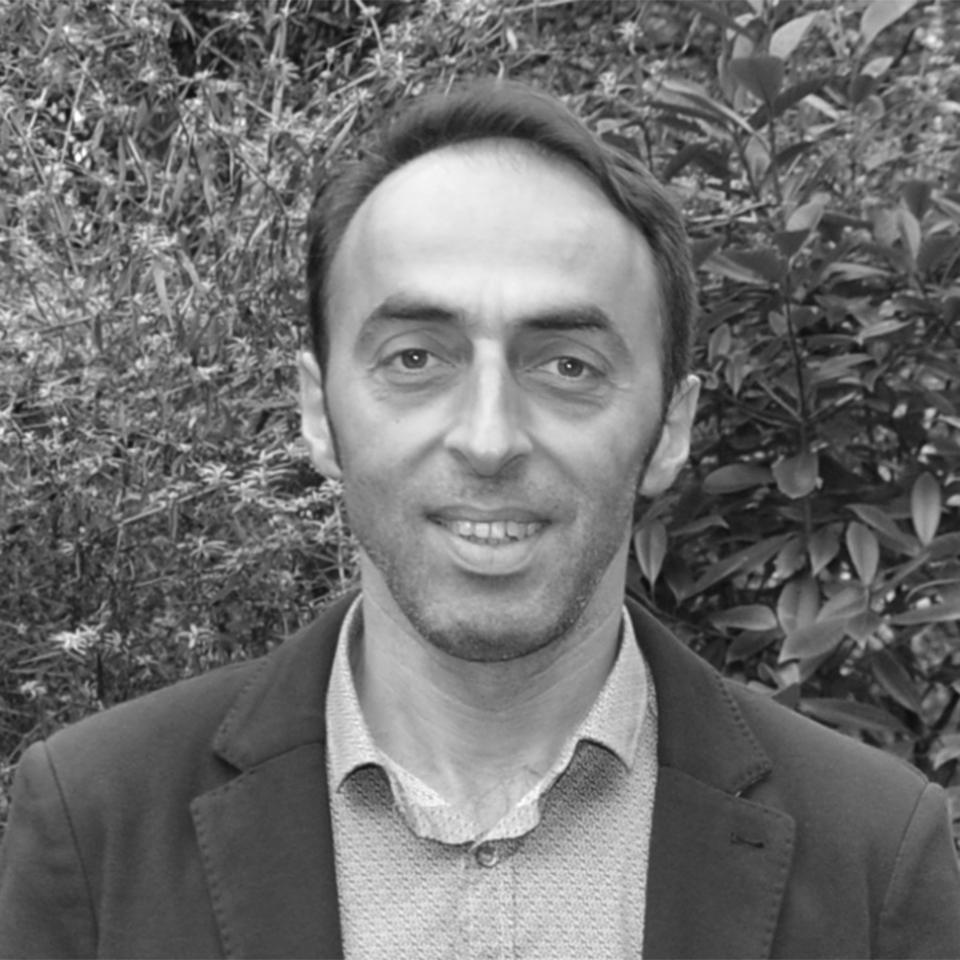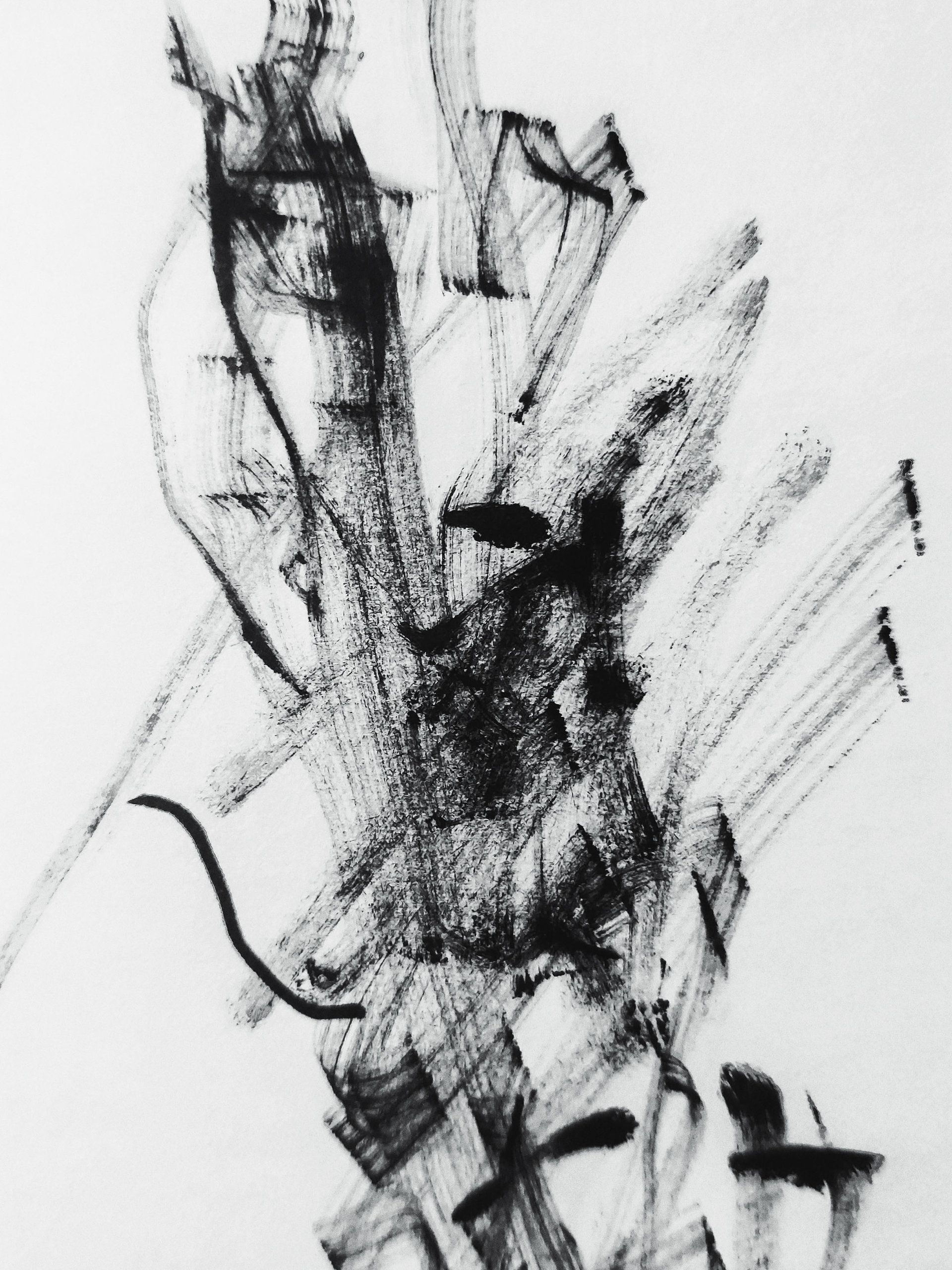Architectural Education in Times of Uncertainty Symposium
2-4 November 2022 | TU Delft, Faculty of Architecture and the Built Environment, Berlage rooms
The Symposium aims to engage a number of colleagues in a discussion about our current pedagogical approaches for circularity, but also about ways we can go about for teaching in times of uncertainty.
Programme
DAY 1 | Wednesday 02 November
10:00-11:30 | Integration of circularity in architectural education
Lunch Break
13:30-15:00 | Cross-faculty educational encounters
Break
15:30-17:00 | Cross-level educational encounters
DAY 2 | Thursday 03 November
10:00-11:30 | Effective Use of Technologies
Lunch Break
13:30-15:00 | Innovative Pedagogies
Break
15:30-17:00 | Learning in uncertainty
DAY 3 | Friday 04 November
09:15-12:30 | EAAE Workshop: Sustainable Development Goals (SDGs) in education & research
Registration
Wednesday 02/11/2022 | 10:00-11:30 | Integration of circularity in architectural education
Format: Round Table Discussion
Moderator: Tillmann Klein
Panel
Birgul Colacoglu | ITU, Turkey
Lisbeth M. Ottosen | DTU
Deepika Raghu | ETH, Switzerland
Mario Rinke | University of Antwerp, Belgium
Leonardo Rosado | Chalmers University of Technology, Sweden
Key questions
- What drives the change? What are the underlying themes?
- How is ongoing research channelled in education?
- What are the main barriers of transitioning to a circular education?
- Is circularity channelled across all types of courses? Or is it monopolized by technical or theoretical courses only?
- Can schools work together and learn from one another? Can they share knowledge and programs to achieve the transition?
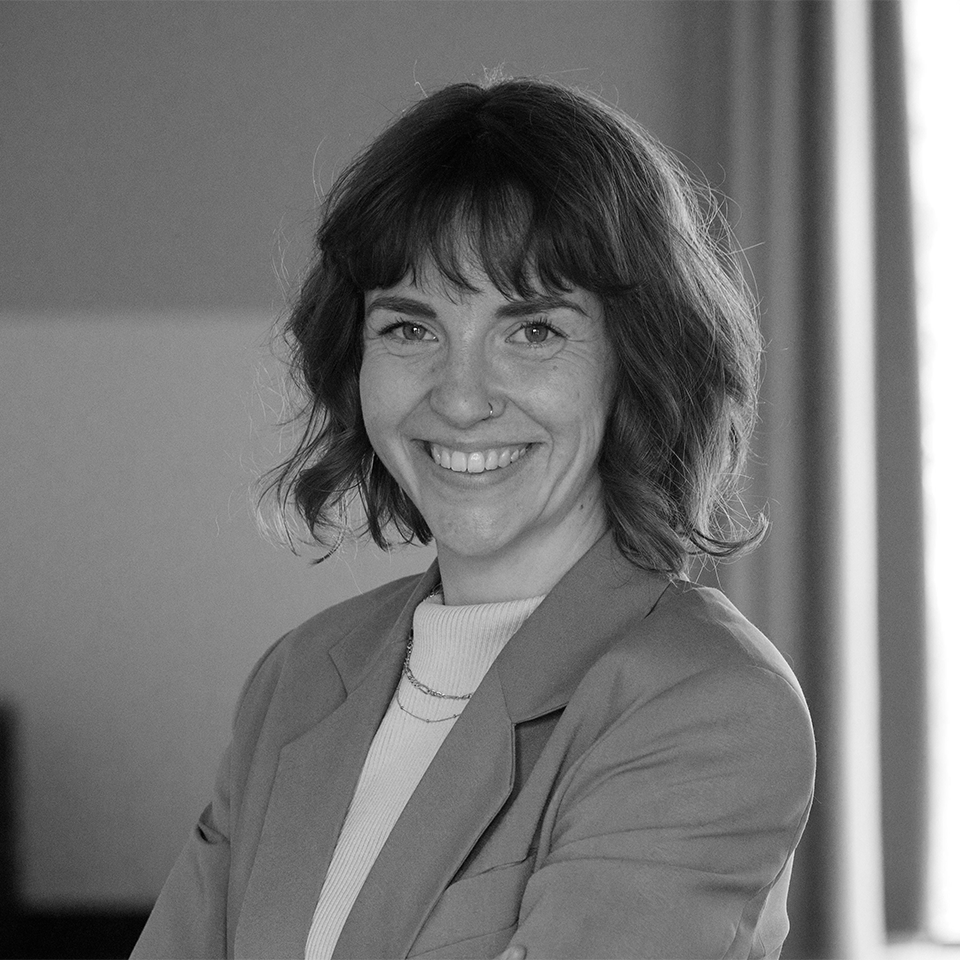
Indy van de Sande is a policy officer for circular economy in education at the department Sustainable Environment and the Circular Economy at the Ministry of Infrastructure and Water management. Education has a key role in achieving a circular economy; teaching students and professionals how to think and act circularly and learning new skills. Indy focuses on how to implement the circular economy in an integrated way within all levels of education. Indy has a master's degree in Sustainable Development Earth System Governance.
Wednesday 02/11/2022 | 13:30-15:00 | Cross-faculty educational encounters
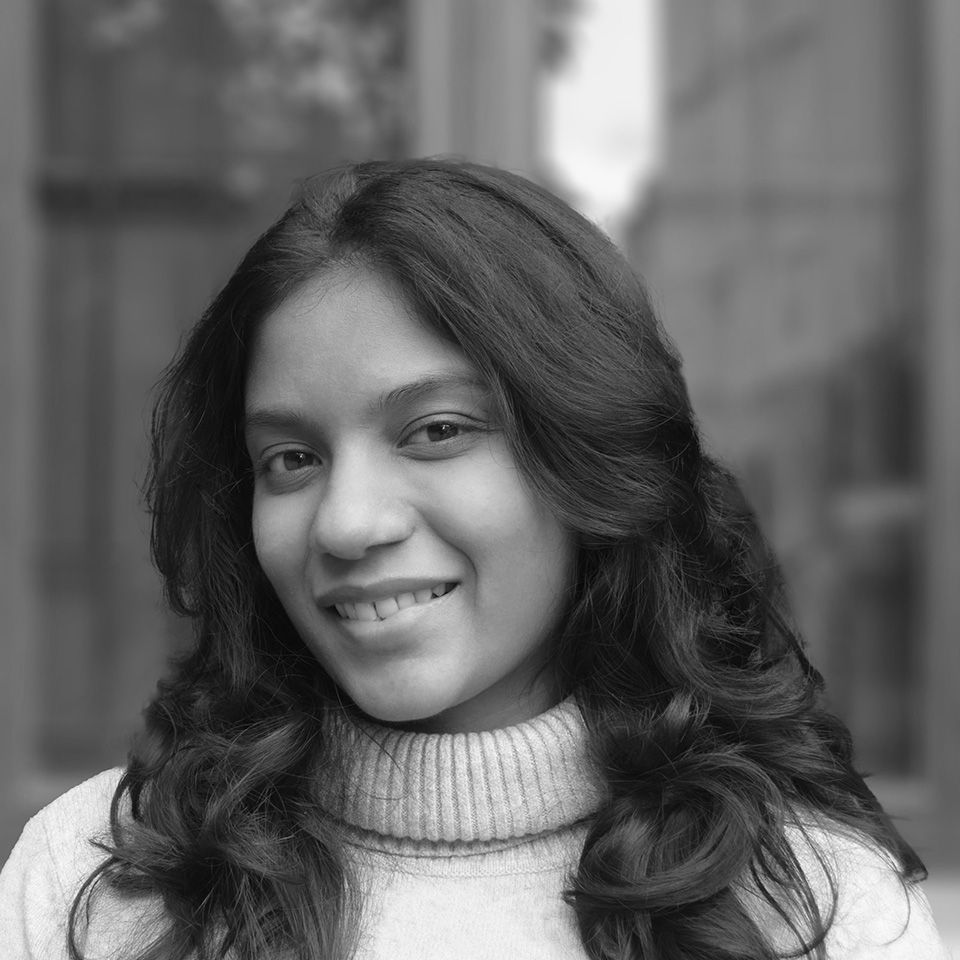
Deepika Raghu is a PhD candidate in the Circular Engineering for Architecture lab at ETH Zurich. Her research focuses on digitalization of existing buildings to enable the reuse of materials. She is currently exploring the notion of a circular city with various stakeholders in the construction value chain. Deepika works with big data, remote sensing and computer vision to arrive at solutions for revaluing materials from existing buildings for future use. She observes different contextual paradigms in the realm of circularity for the built environment in both developed and developing nations. Her interests lie at the intersection of architecture, technology, and innovation to help transition towards a circular economy.
Wednesday 02/11/2022 | 10:00-11:30 | Integration of circularity in architectural education
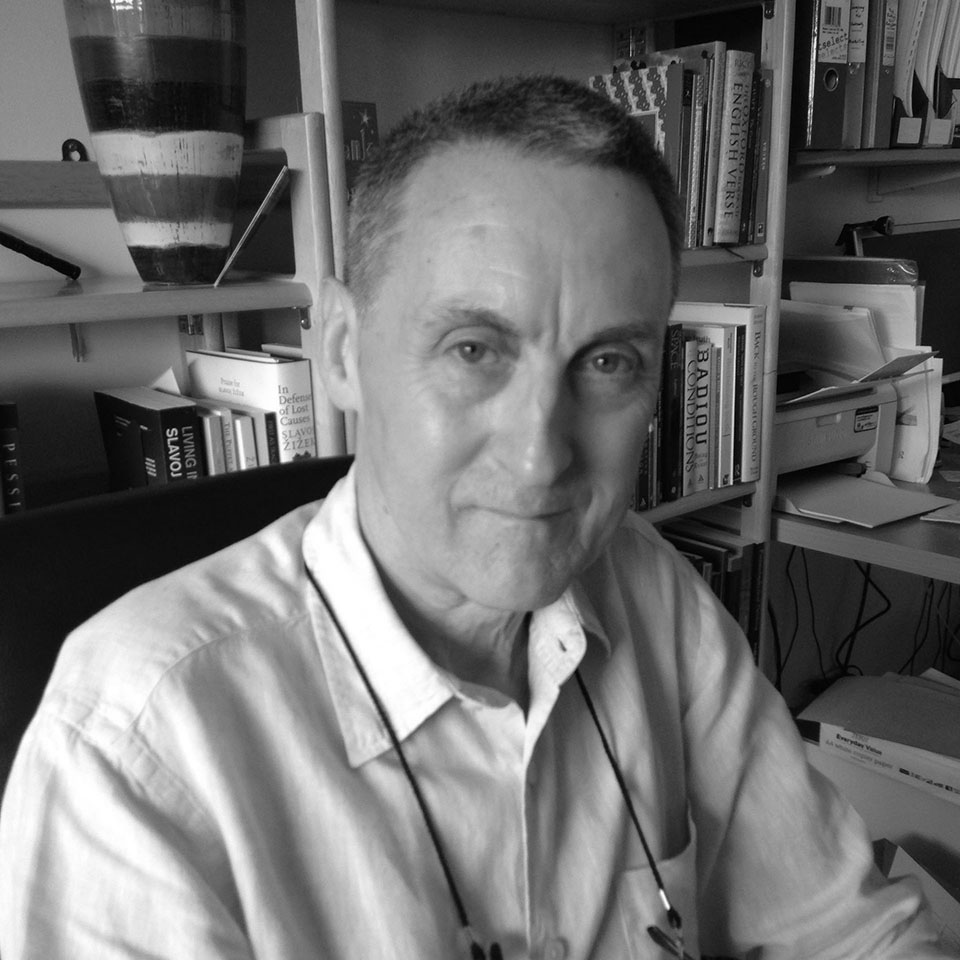
Ronald Barnett is Emeritus Professor of Higher Education at University College London IOE, where he was a Dean & Pro-Director. He has received an Honorary Doctorate and an earned higher doctorate. He was Chair of the Society for Research into Higher Education, was awarded the inaugural prize by the EAIR for his ‘outstanding contribution to Higher Education Research, Policy and Practice’ and is President of the (new) Philosophy and Theory of Higher Education Society. He has published 35+ books and hundreds of papers, given 150 keynote talks, been cited 25,000+ times and described as ‘the master scholar of the university’.
Thursday 03/11/2022 | 15:30-17:00 | Learning in uncertainty
Wednesday 02/11/2022 | 13:30-15:00 | Cross-faculty educational encounters
Moderator: Remon Rooij
Panel
Olaf Oosting | Valstar Simonis
Indy van de Sande | Ministry of Infrastructure and Water Management
Michiel Susebeek | Saint Gobin
Helmut Thöle | Province Zuid-Holland
Hans Wamelink | BK Launch
Emma de Wijs | Municipality of The Hague
Members of the Delft Circular Impact (DCI) group
Key questions
The objective of our session is to explore and discuss directions for new cross-faculty and new university-industry educational encounters and co-operations. In Delft, there is room in our master’s curriculums to have students from various programs work inter- and/or transdisciplinary on urgent societal challenges. Circular buildings, a circular built environment, circular cities and regions, and a circular building industry are such challenges.
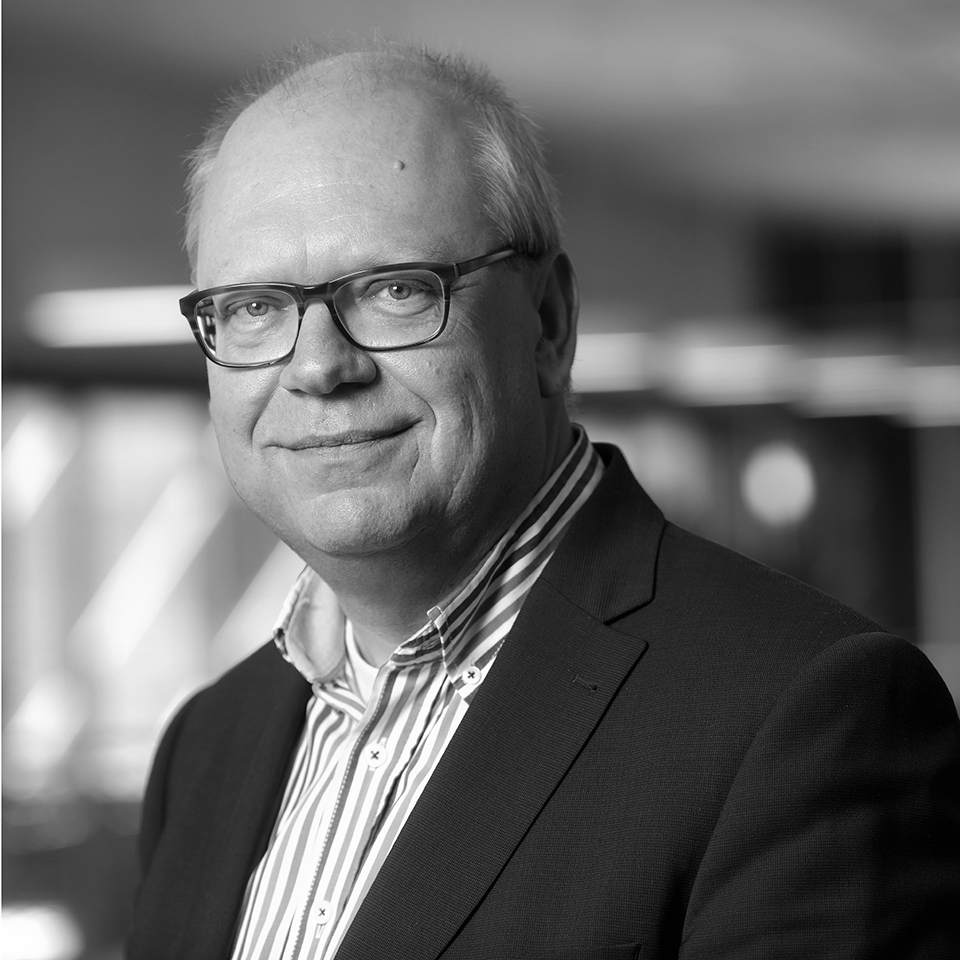
Hans Wamelink studied Civil Engineering at the Faculty of Civil Engineering and Geosciences (CEG), obtaining his doctorate in 1993 with research into production control in the construction industry. He then spent more than a decade as a researcher and assistant professor at the Faculty of Technology Management in Eindhoven. In 2006, he returned to TU Delft to become Professor of Construction Management & Entrepreneurship. Alongside his research, Wamelink has plenty of practical construction experience. He founded Infocus, a construction management and consultancy business, and spent twenty years as the director. After that, he was a senior consultant at Royal HaskoningDHV. Recently Hans initiated BK-Launch, the platform for innovation and encouragement of entrepreneurship at the faculty of Architecture and the Built Environment.
Wednesday 02/11/2022 | 13:30-15:00 | Cross-faculty educational encounters
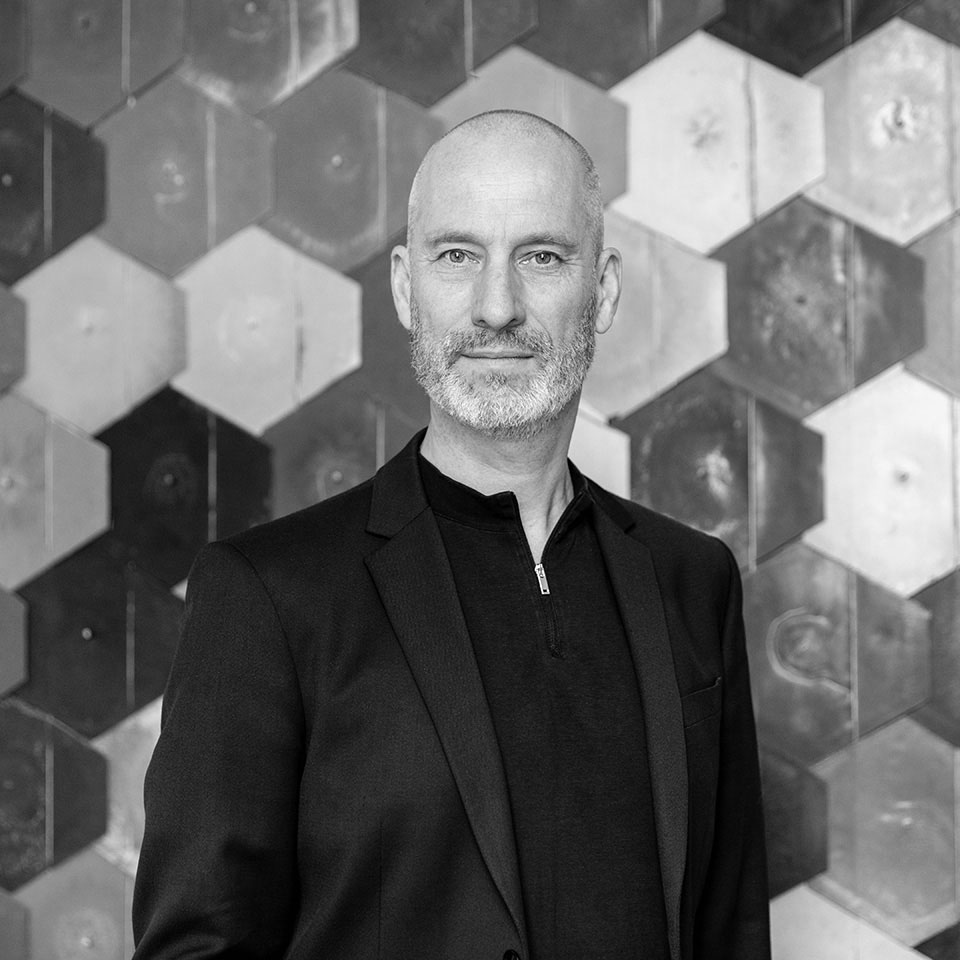
Peter van Assche is founding principal of bureau SLA, an Amsterdam-based firm focused on the necessity of transitioning to a circular economy through design. Peter is also professor of Architecture and Circular Thinking at the Academy of Architecture Amsterdam. In 2022 he is visiting professor at the Karlsruhe Institute of Technology. He was visiting professor in Erfurt (DE) and at Cornell University (NY).
Thursday 03/11/2022 | 13:30-15:00 | Innovative Pedagogies
Wednesday 02/11/2022 | 15:30-17:00 | Cross-level educational encounters
Format: Round Table Discussion
Moderator: Thijs Asselbergs
Panel
Hannah Beljaars Frederiks | HBO Rotterdam
Atze Boerstra | Professor of Building Services Innovation, TU Delft
Josef Bischofs | Academy of Architecture Maastricht
David Peck | Delft University of Technology
Key questions
- Is circularity a priority in the building industry professionals education?
- What are the current approaches in education for circularity?
- What are the responsibilities of the building industry professionals? What is their role in the transition to a CBE?
- Do we need to work together?
- How can we bridge different types of knowing of the world? How can we expose students to different ways of knowing and what do we expect to gain from this?
- Can we think of new formats that allow students of different levels to join forces? What would it look like? What would be the role of docents? What would be the students’ tasks?
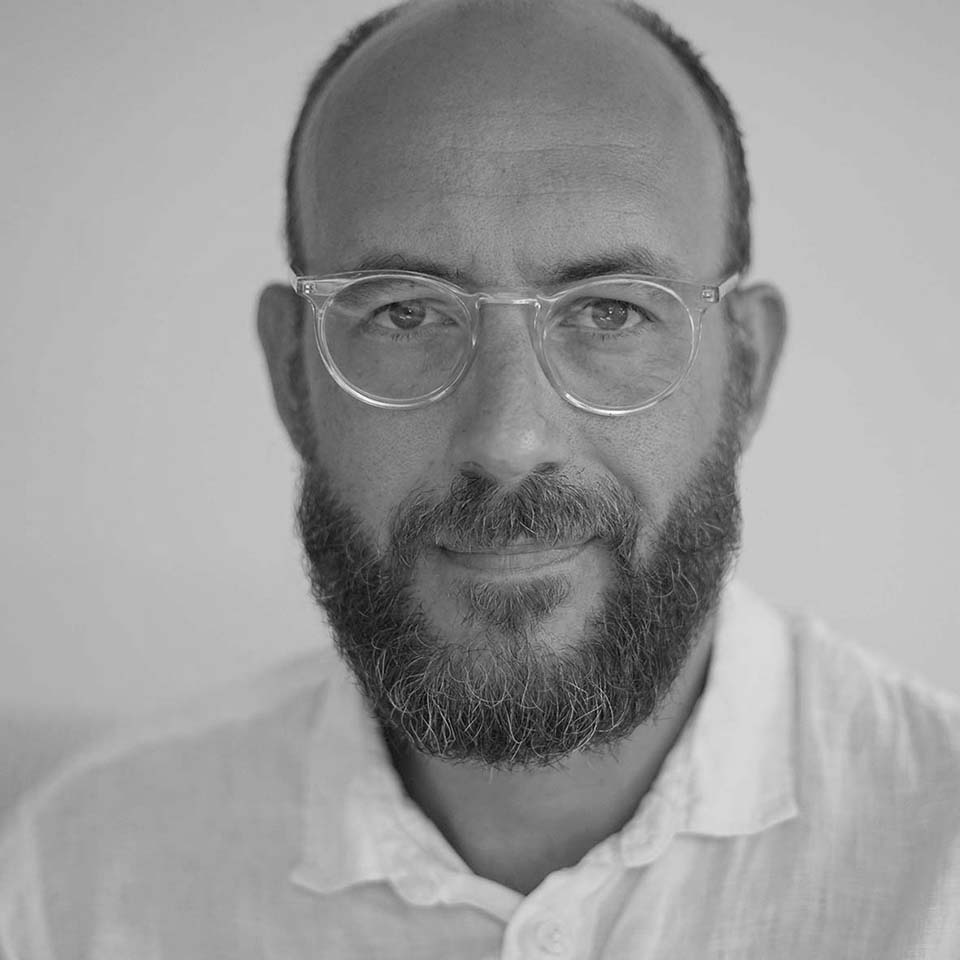
Mario Rinke is a professor at the University of Antwerp where he researches and teaches structural and constructional aspects of architecture. He is particularly interested in adaptability concepts and applies reuse strategies in practical design and build workshops. Trained as a structural engineer, he has worked for offices in London and Zurich. He received his PhD from ETH Zurich in 2013 and was a lecturer at ETH Zurich and HS Lucerne, as well as a visiting professor at Tor Vergata University in Rome. Mario is a founding member of the International Association for Structures and Architecture (IASA).
Wednesday 02/11/2022 | 10:00-11:30 | Integration of circularity in architectural education
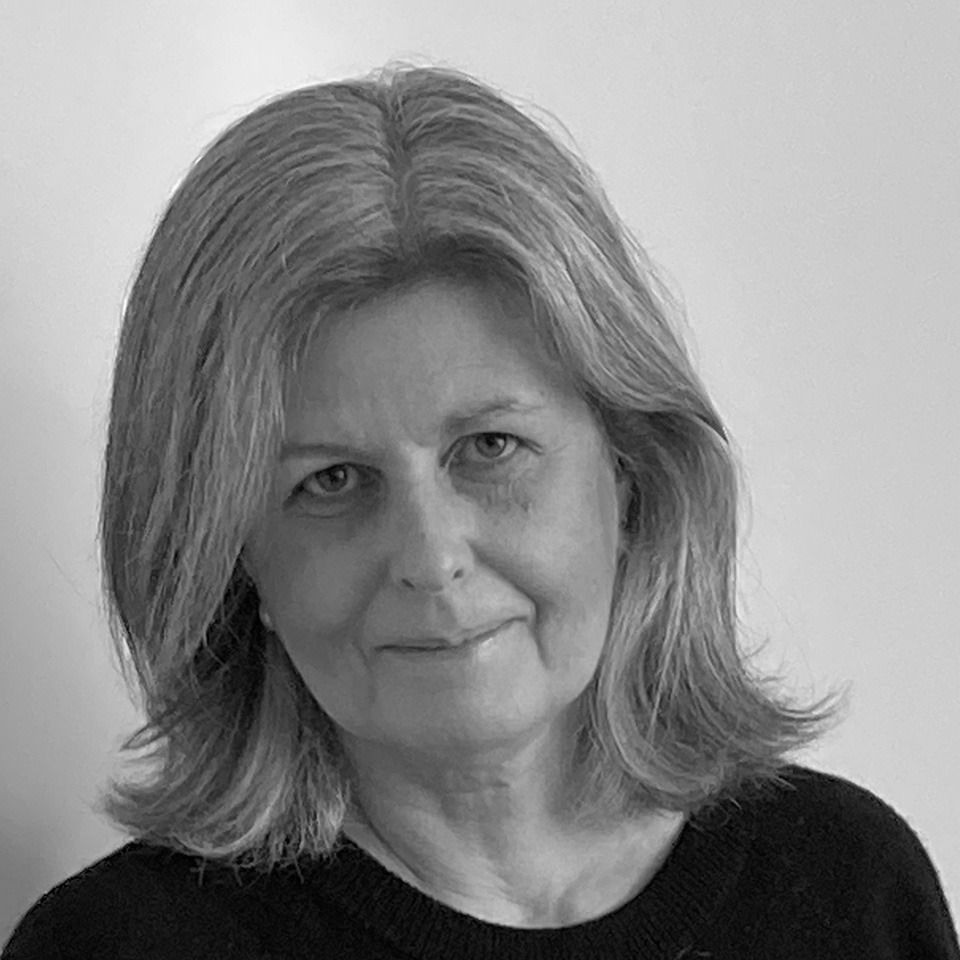
Ilaria Valente, architect, is a Full Professor of Architectural and Urban Design at the Department of Architecture and Urban Studies (DAStU), Politecnico di Milano, where she was the Dean of the School of Architecture and Society (2012-2015) and the School of Architecture Urban Planning Construction Engineering (2016-2021). Between 2020-2021, she has been the President of the Conferenza Universitaria Italiana di Architettura. Since 2017, she is the Vice-President of the European Association for Architectural Education – EAAE. Her research is devoted to theory, tools, and design methods, with particular attention to the architecture of open and public spaces, urban morphology, architectural typology, and infrastructures in contemporary territories. Architectural and urban regeneration in the marginal fabrics and fragile territories are the focus of her research in recent years.
Friday 04/11/2022| 09:15-12:30 | EAAE Workshop
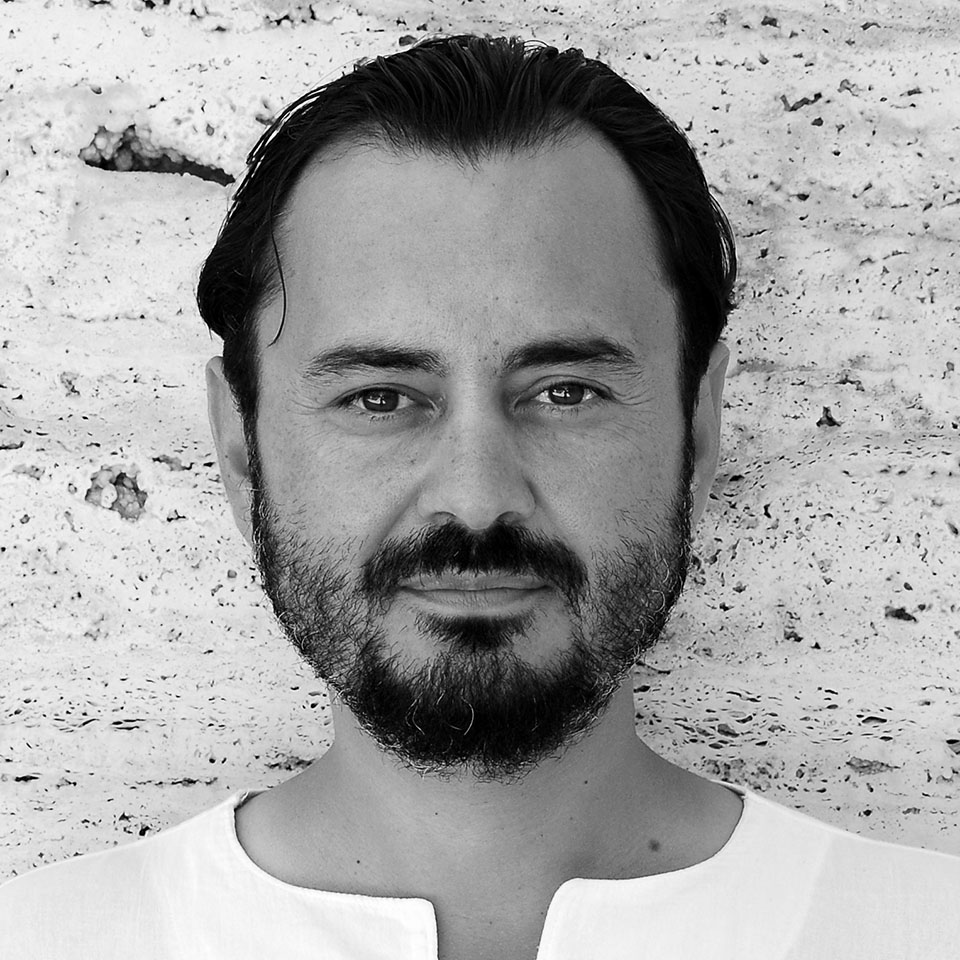
Serdar Asut is an architect with a PhD degree in Informatics on Human-Robot Interaction in Design. His teaching and research activities at TU Delft focus mainly on design thinking through digital technologies. He is currently leading a research project called HANDZONe, which aims to enable hands-on learning activities on designing and making with robots through a virtual reality platform.
Thursday 03/11/2022 | 10:00-11:30 | Effective Use of Technologies
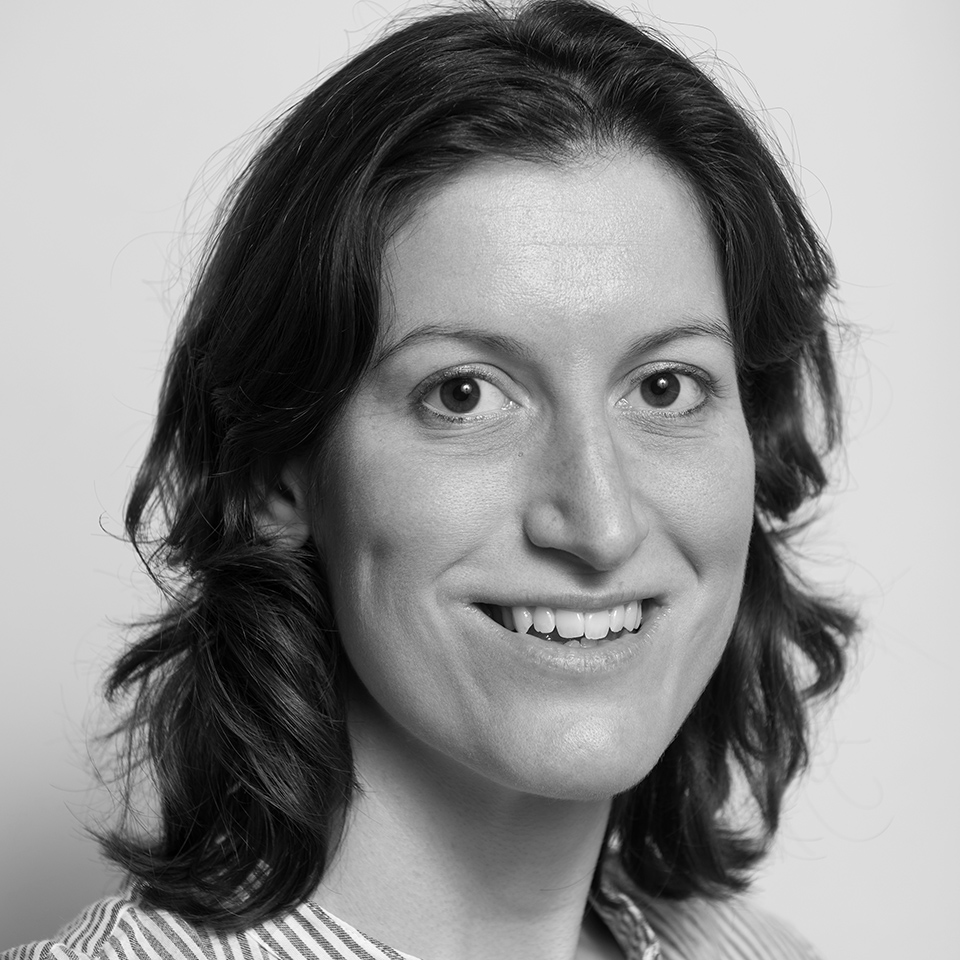
Emma de Wijs works as policy advisor on urban- and regional planning at the City of The Hague. In team City and Metropole at the Department of Urban Development, she is experienced with working on multi-level scales. Her main work area is providing spatial analysis of a new program for urban developments on the local level. In this context, she has looked into the progress of a circular area development in the Binckhorst The Hague. Emma is working on a European project for the Circular Economy within the cross border cooperation of the ‘Eurodelta’.
Wednesday 02/11/2022 | 13:30-15:00 | Cross-faculty educational encounters
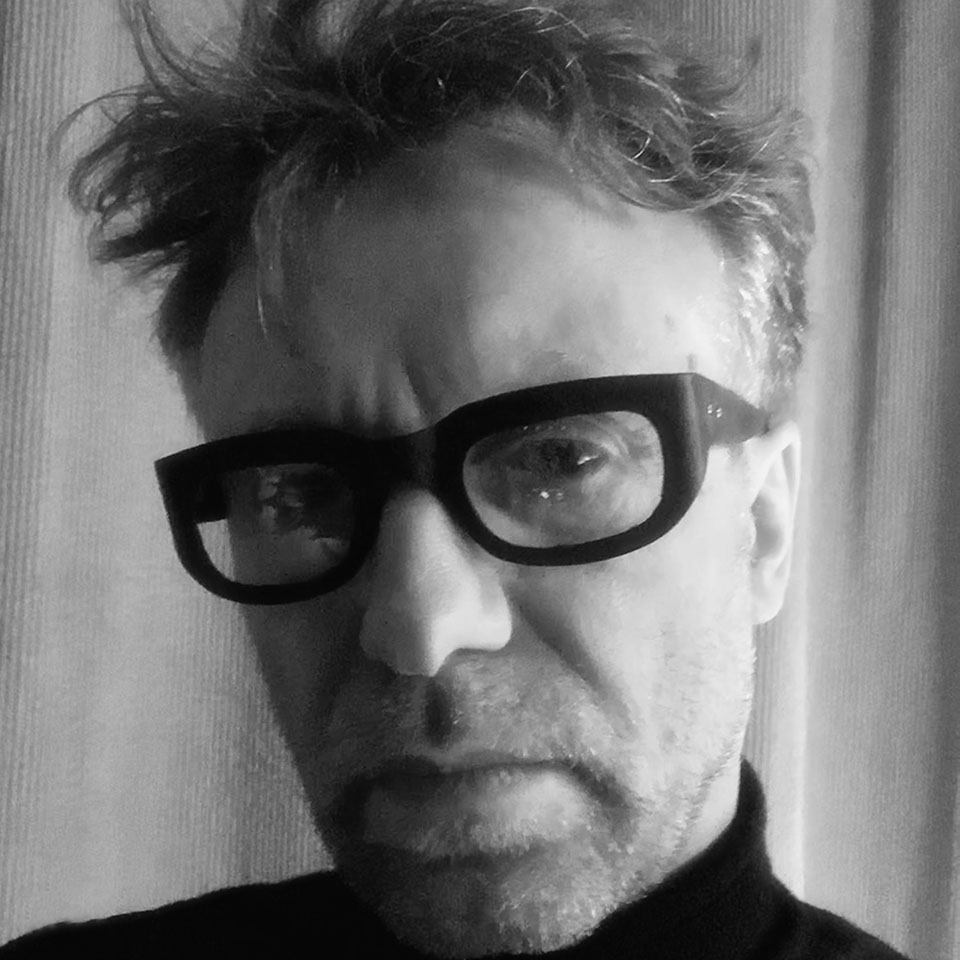
Josef Bischofs studied ‘Gestaltung’ in Aachen/Germany before he graduated cum laude at the Academy of Arts in Maastricht/Netherlands. His attitude towards architecture at the beginning of his career was influenced by his working experience at Ortner & Ortner Baukunst Gmbh in Vienna/Austria. In 1995 he founded ‘trans form architecten maastricht’, a partnership for architectural design. He is educating fields on the architectural space since 2000 in various institutions and is head of the Academy of Architecture Maastricht. Next to his work as educator he is currently working on various projects under the name ‘morfeos’, a platform / co-laboratory for research, design and origination on topics of architectural conditions.
Wednesday 02/11/2022 | 15:30-17:00 | Cross-level educational encounters
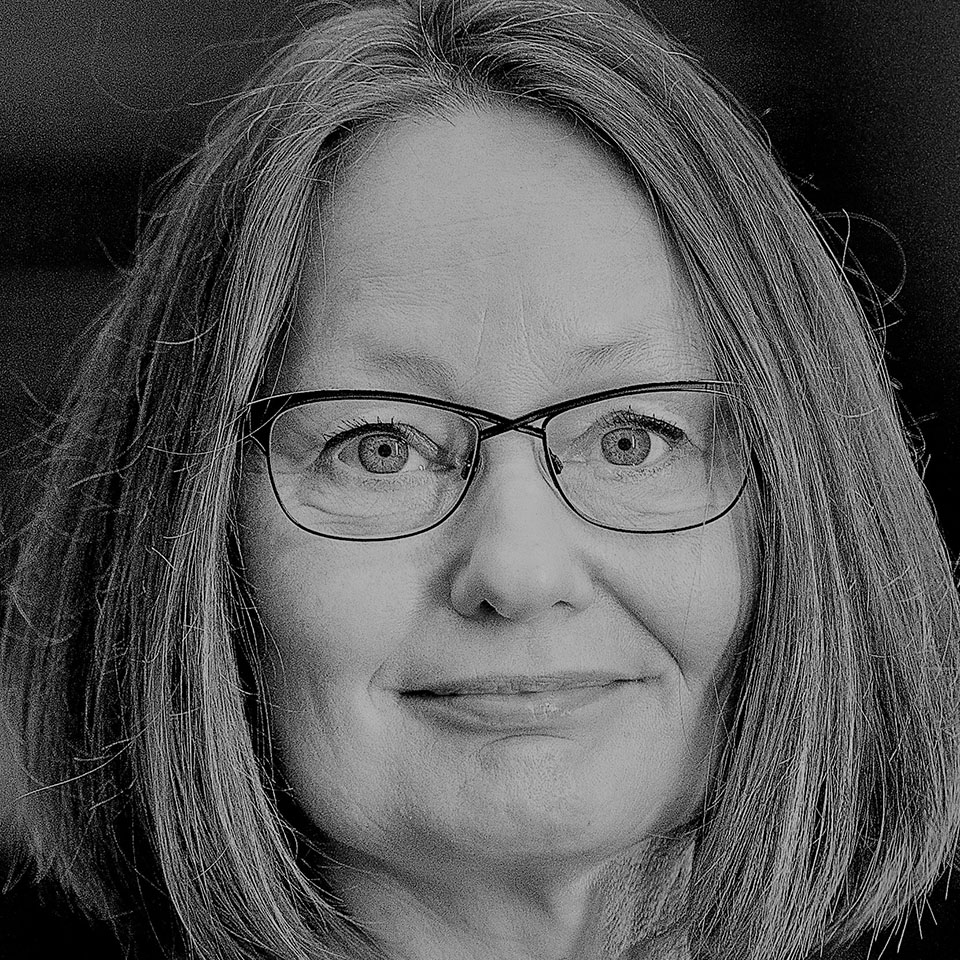
Lisbeth M. Ottosen is a professor at the Department of Environmental and Resource Engineering at the Technical University of Denmark. She is heading the Section for Construction Materials and Durability and has a strong research focus on the circular economy in the construction sector. She is currently leading research projects on the documentation of technical properties of structural building components related to the reuse and recovery of new resources from today’s residual fractions. She is engaged in standardization as convener for the CEN/TC350 work “Circular economy in the construction sector - Terminology, principles, and framework for implementation”.
Wednesday 02/11/2022 | 10:00-11:30 | Integration of circularity in architectural education
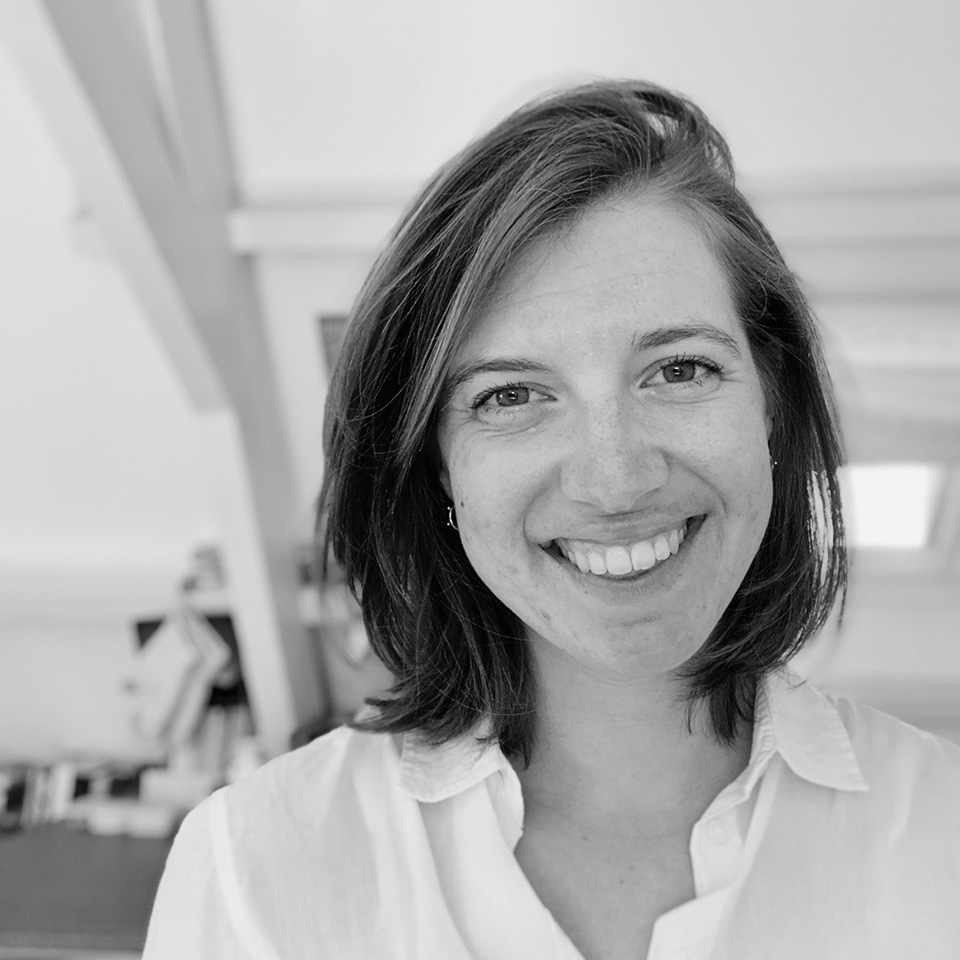
Nina Bohm is a PhD candidate under the wings of the 4TU Centre for Engineering Education. In her research, she investigates the way engineering students learn to deal with uncertainty in transdisciplinary education, such as living labs. Previously, Nina worked as an education coordinator at AMS Institute, where she developed living labs in the joint degree master program MSc MADE. Nina holds two masters of science degrees from the TU Delft - one in Urbanism and one in Science Communication. Also in her PhD, she likes to work on the intersection of those two scientific fields.
Thursday 03/11/2022 | 15:30-17:00 | Learning in uncertainty
Thursday 03/11/2022 | 10:00-11:30 | Effective Use of Technologies
Format: Workshop/ Interactive Session
Moderator:
Atefeh Aghaee | Learning Developer
Serdar Asut | Assistant Professor Design Informatics, TU Delft
Marcus Specht | Professor for Digital Education
This session will develop over two hours in the form of a workshop. BK Docents from all departments will be invited to co-create different scenarios for blending and experiment with the content delivery of their courses. The two new platforms ‘Circularity for Educators’ and ‘Educators for Circularity’ will be used as background content. The scope is to showcase the possibilities of switching to a pedagogy that assigns learners with more agency and to help educators comprehend the benefits of such practices. It will also help promote the CII learning offerings and consolidate the ways these will be communicated across the school.
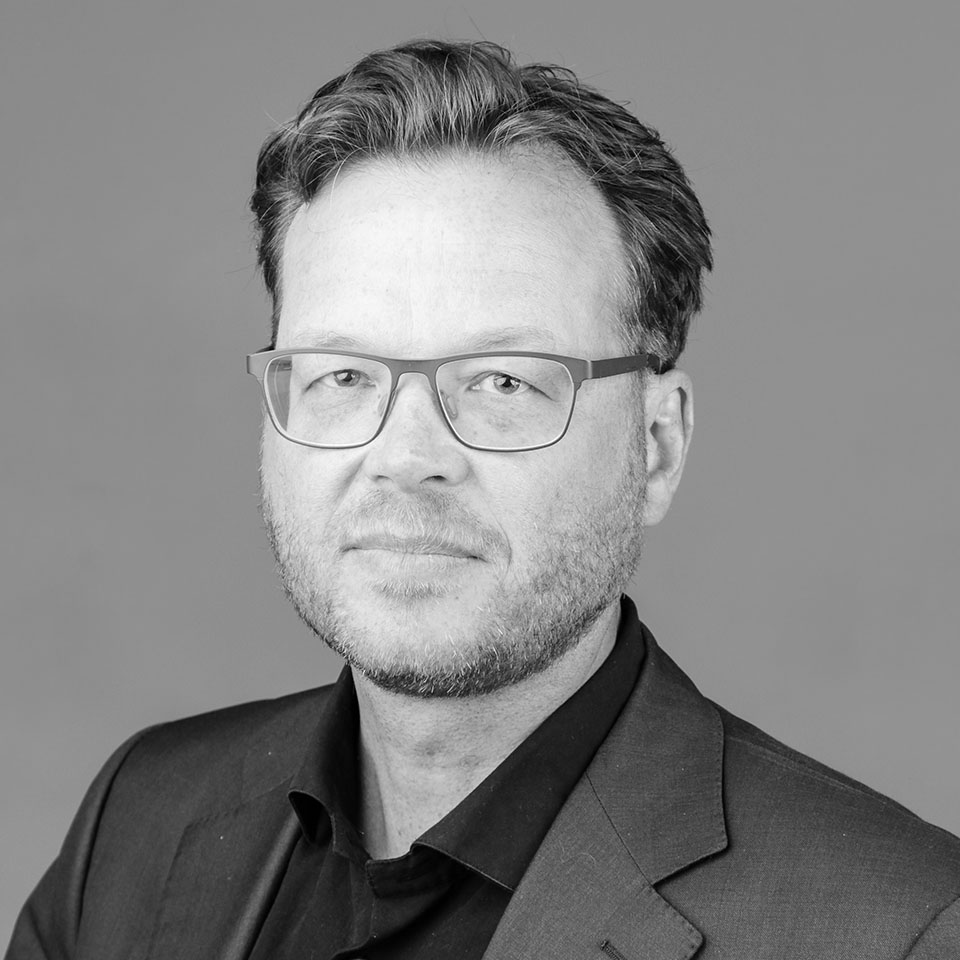
Atze Boerstra is professor of Building Services Innovation. Since 1996, he has been director of the research and consultancy bureau BBA Binnenmilieu, an engineering firm in The Hague, specialized in indoor air quality and thermal comfort and their effects on humans. Atze is also a partner at DGMR, the parent company of bba. He is a member of the scientific advisory committee of CSTB Paris / the Observatoire de la qualité de l'air intérieur (OQAI) and as a TU Delft representative is a member of the Impuls knowledge group of the TVVL (Platform for People and Technology).
Wednesday 02/11/2022 | 15:30-17:00 | Cross-level educational encounters
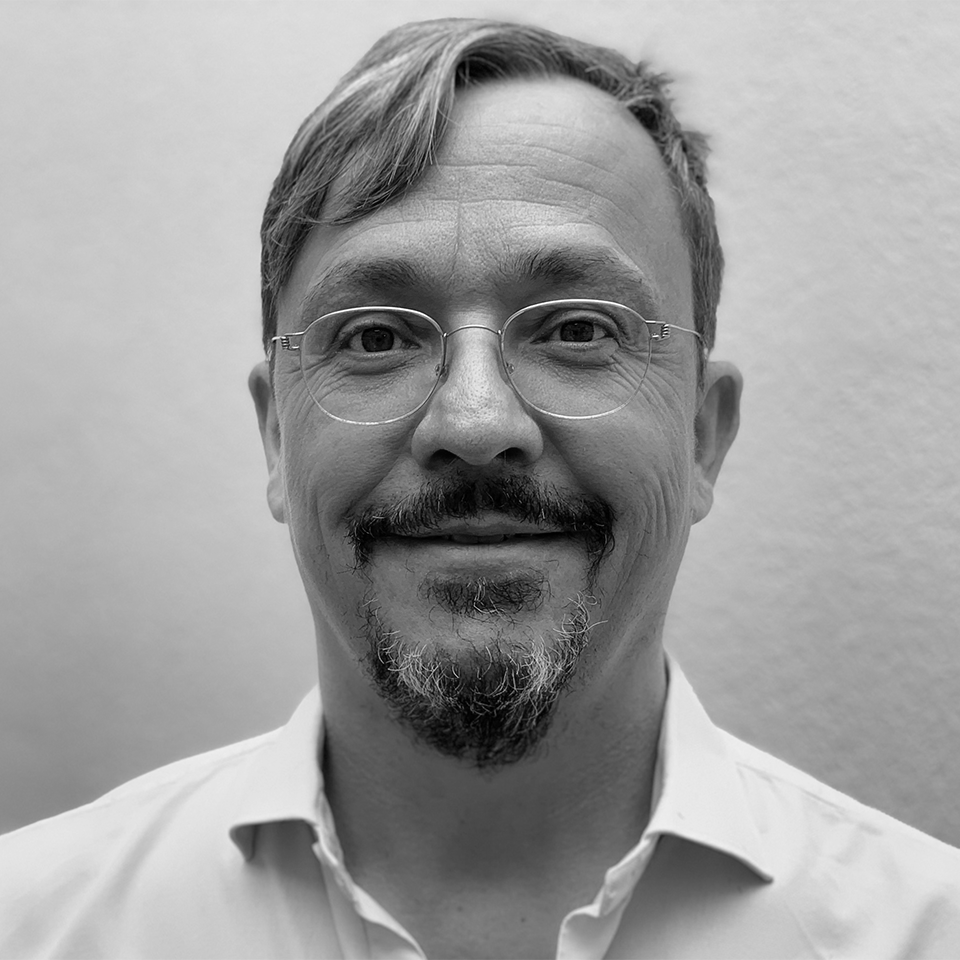
Marcus Specht is Professor for Digital Education at the Technical University of Delft and Director of the Leiden-Delft-Erasmus Center for Education and Learning. He received his Diploma in Psychology in 1995 and a Dissertation from the University of Trier in 1998 on adaptive information technology. From 2001 he headed the department "Mobile Knowledge" at the Fraunhofer Institute for Applied Information Technology (FIT). From 2005 to 2018 he was Professor for Learning Technologies at the Open Universiteit Nederland and head of the Learning Innovation Lab. His research focus is on Computational Thinking, Learning Analytics, AI in Education, and Virtual and Augmented Reality for Education. Prof. Specht is an Apple Distinguished Educator and was President (2013-2015) of the International Association of Mobile Learning. He currently is president of EATEL.
Thursday 03/11/2022 | 10:00-11:30 | Effective Use of Technologies
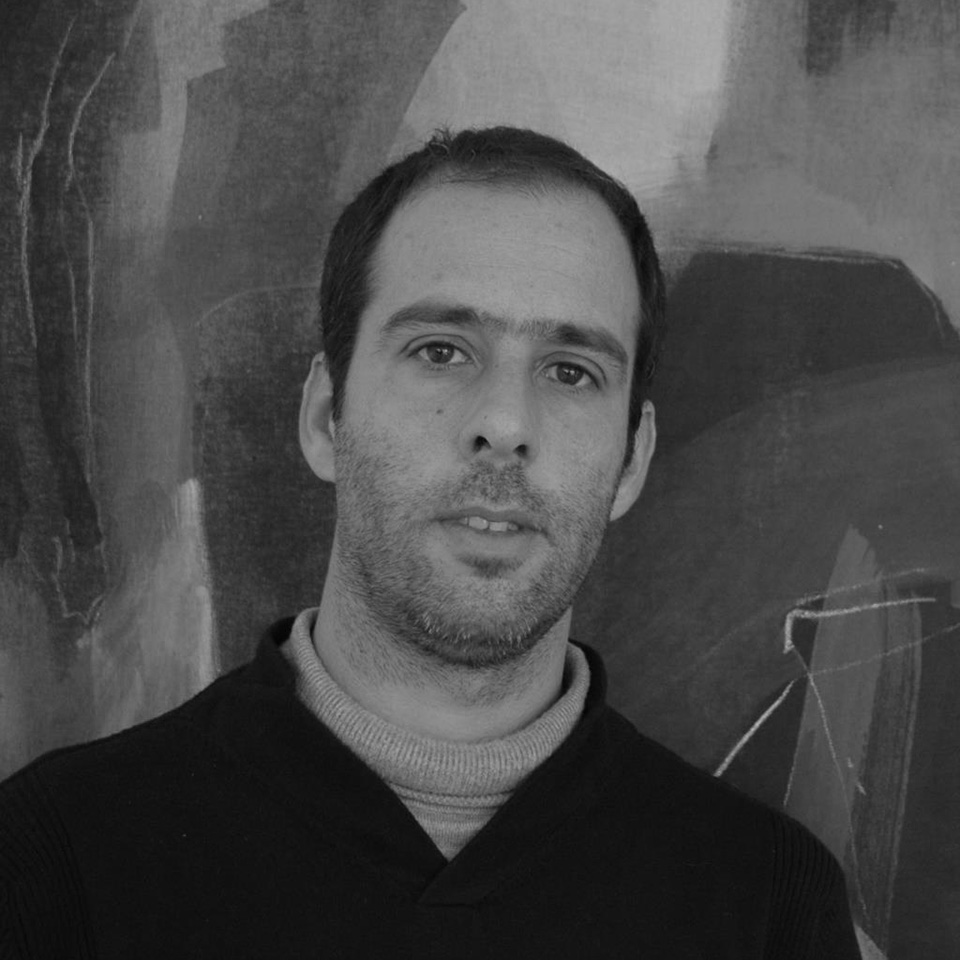
Leonardo Rosado is an Associate Professor at the Architecture and Civil Engineering department at Chalmers University of Technology. Fifteen years of experience in Industrial Ecology, in particular the Urban Metabolism and Circular Economy fields, using holistic approaches to develop methods to study resource flows and stocks of cities and regions. The research and education are focused on a proper description of the metabolism of cities and regions, while understanding the main causes of environmental impacts and support the design of circular economy strategies that can minimize impacts in various dimensions. He has co-developed the Urban Metabolism course in 2012.
Wednesday 02/11/2022 | 10:00-11:30 | Integration of circularity in architectural education
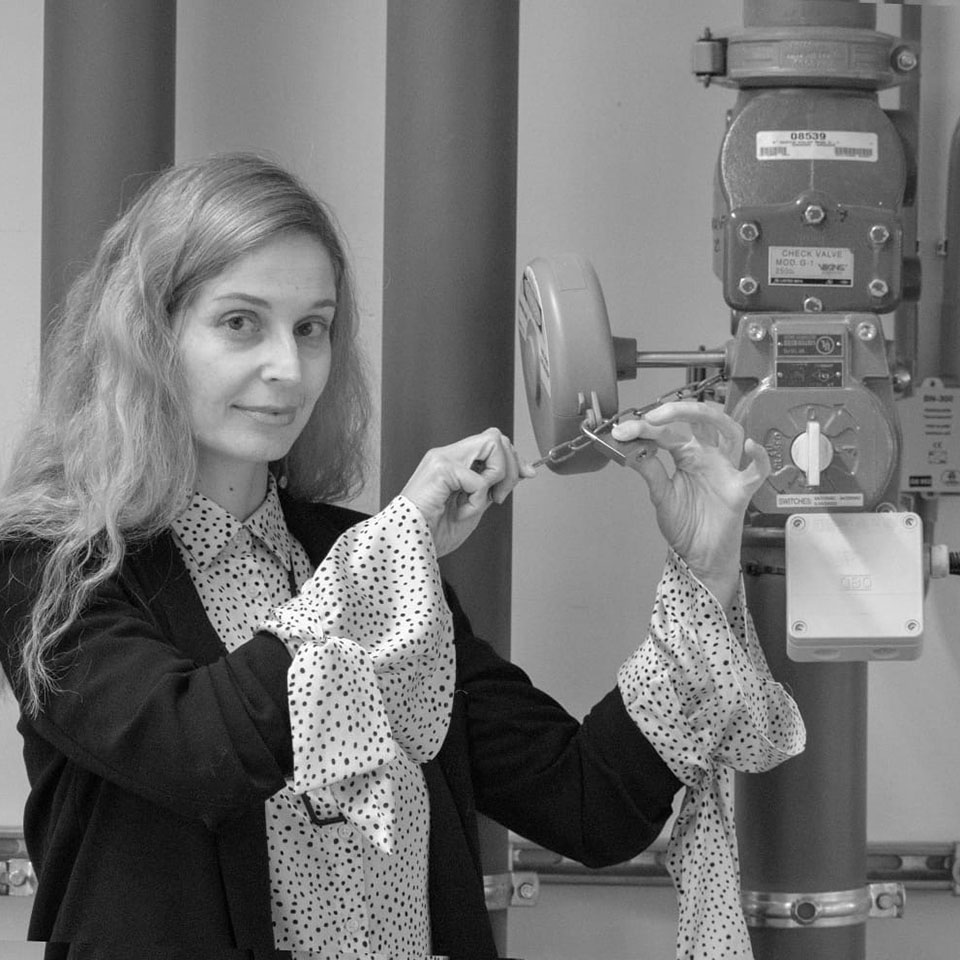
Angeliki Sioli, PhD is an assistant professor at the Department of Architecture, TU Delft. In 2021 she was awarded the Comenius Teaching Fellowship by the Dutch Ministry of Education, Culture and Science. Her research seeks connections between architecture and literature focusing on aspects of atmospheres and embodied perception of place. She has edited the collected volumes The Sound of Architecture: Acoustic Atmospheres in Place (Leuven University Press, 2022) and Reading Architecture: Literary Imagination and Architectural Experience (Routledge, 2018). Before joining TU Delft, Sioli taught both undergraduate and graduate courses at McGill University, in Canada; Tec de Monterrey, in Mexico; and Louisiana State University in the US.
Thursday 03/11/2022 | 13:30-15:00 | Innovative Pedagogies
Thursday 03/11/2022 | 13:30-15:00 | Innovative Pedagogies
Moderators: Leo van den Burg & Olga Ioannou
Panel
Peter van Assche | Architect & Professor at the Academy of Architecture of the Amsterdam University of the Arts
Tom Parker | Critical Concrete
Mia Roth-Čerina | Associate Professor, University of Zagreb
Angeliki Sioli | Assistant Professor, TU Delft
Jeremy Till | Architect, writer and educator
Key questions
- What are the main challenges we are facing? What do we have at hand to overcome them? And what is it we need to come up with? What are we missing? Do we listen to the world?
- How can we enable our students to cope in a complex world? How can we mix the scientific-technical problem-solving competence with an understanding of what needs to be solved? Can we work in the spaces in-between?
- Can we create shared imaginaries? What tools do we have at hand? Can concepts such as circularity help us structure our understanding of the world? Can they drive the new imaginaries needed?
- Are the current systems, protocols and outputs of architectural education fit for purpose in the contemporary era of climate breakdown?
- What forms of imagination do we need to develop (and how can we develop them) in order to deal with contemporary challenges as architects?
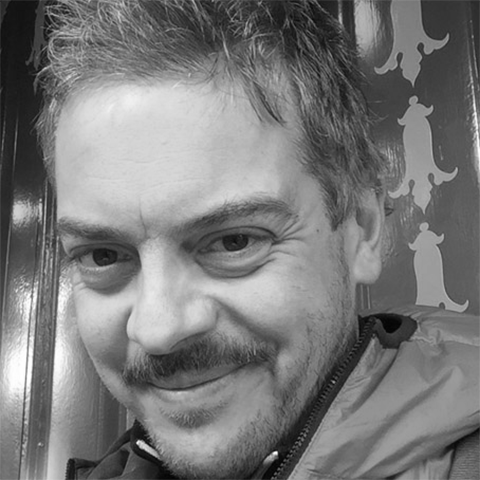
Helmut Thöle is an urban designer and regional planner who works as a strategic advisor on spatial policies for the Province of South Holland. His focus is on strategies for the spatial and economic development. He combines this with the implementation of databased spatial exploration and ‘design by research’ into the planning tools and instruments of South-Holland. Helmut has teaching experience at universities and academies. Special interest is in the impact - and quality - of spatial interventions and the underlying decision-making processes.
Wednesday 02/11/2022 | 13:30-15:00 | Cross-faculty educational encounters
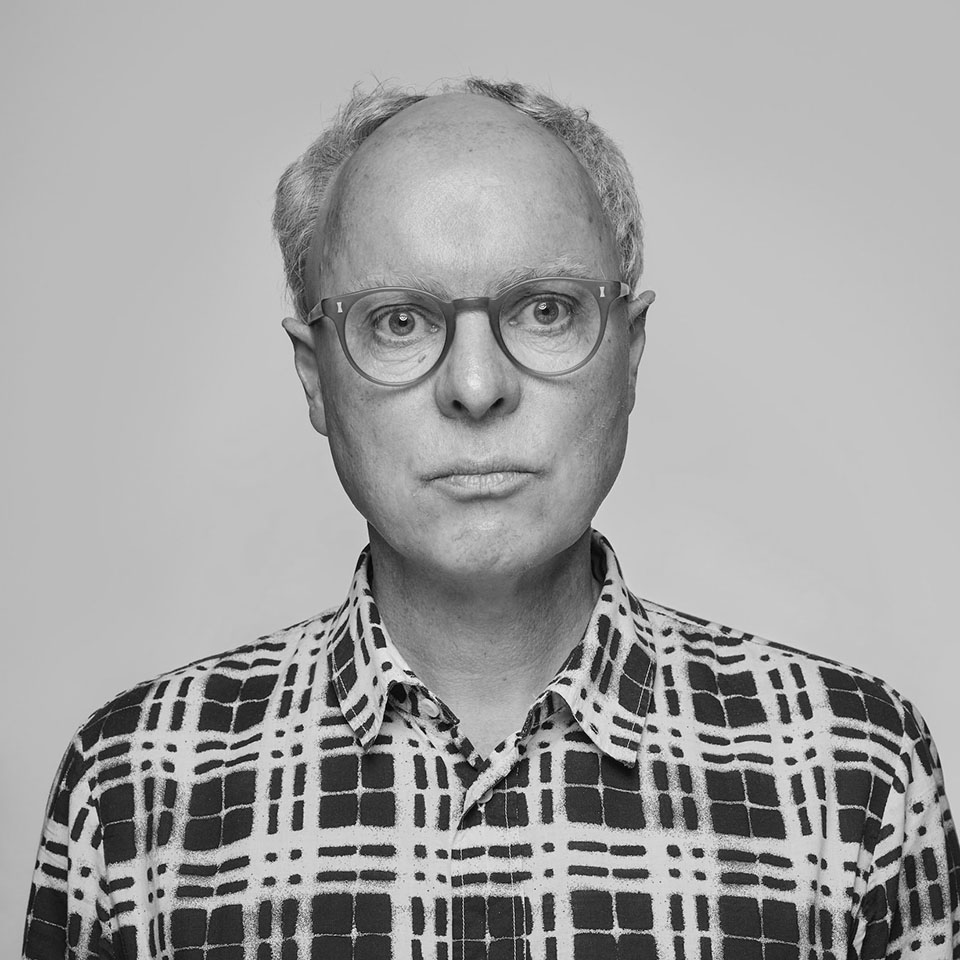
Jeremy Till is an architect, educator and writer. As an architect, he worked with Sarah Wigglesworth Architects on their pioneering building, 9 Stock Orchard Street, which is seen as an innovator in climate-informed design. As an educator, Till was Head of Central Saint Martins, Pro Vice-Chancellor at the University of Arts London from 2012-22. He is now Professor of Architecture at the University. As a writer, Till’s extensive work includes the books Flexible Housing, Architecture Depends and Spatial Agency, all three of which won the RIBA President’s Award for Research. His most recent research project, Architecture after Architecture, investigates the future of spatial practice in the face of climate breakdown.
Thursday 03/11/2022 | 13:30-15:00 | Innovative Pedagogies
Thursday 03/11/2022 | 15:30-17:00 | Learning in uncertainty
Format: Round Table Discussion (with students)
Moderator: Olga Ioannou
Panel
Ronald Barnett | Professor Emeritus University of London
Nina Bohm | PhD Researcher MBE, TU Delft
Dave Cormier | Digital Learning Specialist, University of Windsor
Students from BOUT, Stylos, Faculty Student Council (FSC)
Key Questions
- How does complexity interfere with our learning? What happens when knowledge produces further uncertainty? How do we learn in a complex world? How do we overcome/tackle the uncertainty caused by extreme complexity (supercomplexity)?
- Can we cope with the not-yetness of the world? What are the virtues that we are hoping that students might acquire to become citizens in and of this Earth, and how might the pedagogical relationship be shaped thereto? How might the student experience be developed so as to help students develop their sense of mystery, wonder and awe in being immersed in the world? Are the ideas of stillness, slowness, wisdom and quietness helpful in developing pedagogy in higher education?
- What is the place of knowledge in uncertainty? How does learning take place? To what extent should education deal with the unknown?
- What is challenge-based learning? Is learning happening through making decisions? And who is (or should be) making these decisions? What might be meant by an 'open learning situation'?
- How does that affect teaching? Is the learning community the new curriculum? Is it the educator? What is the educators’ role? What is the Universities’ role?
- Is there a value in concepts like circularity in organizing learning?
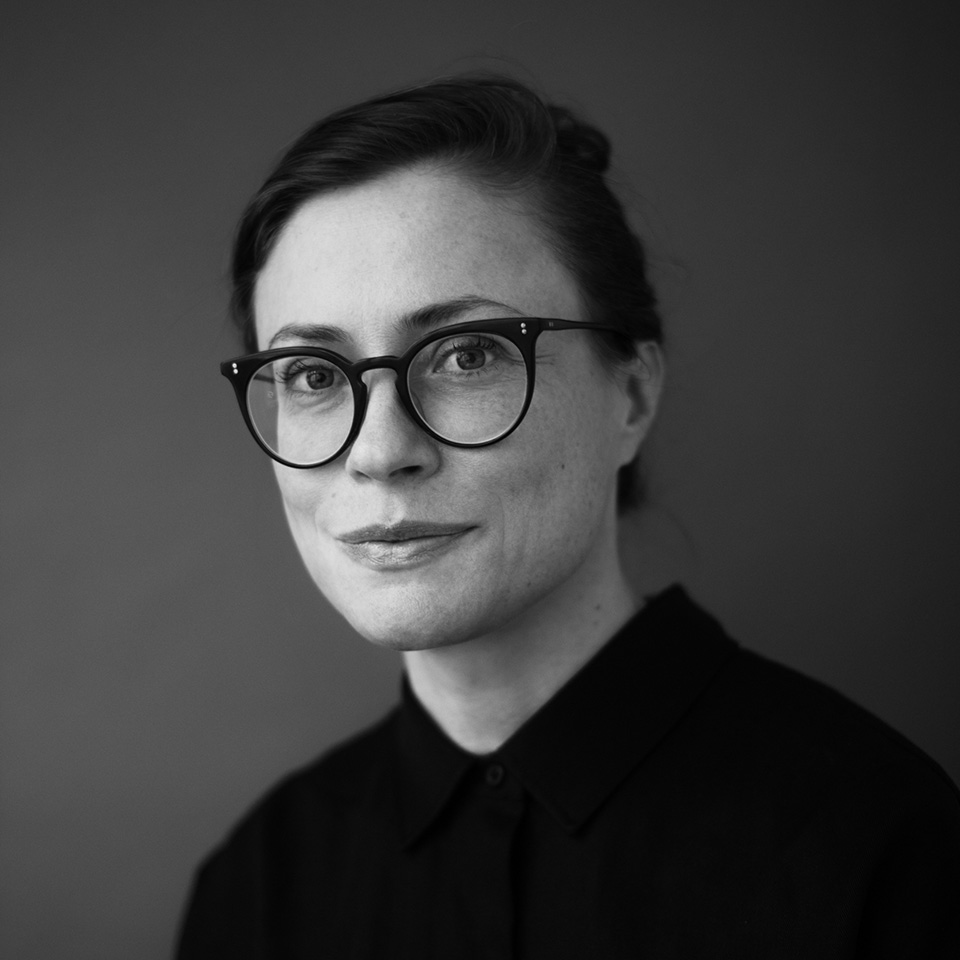
Mia Roth-Čerina, PhD, is an architect and professor at the Department of Architectural Design at the Faculty of Architecture, University of Zagreb. Her interests in practice, teaching and research intersect and focus on educational spaces and exploring new modalities in architectural education. From 2010 to 2017 she has served as the Croatian delegate of the international UIA working group Architecture & Children and has been elected as council member of the European Association of Architectural Education in 2018. She is currently the Vice-dean of international relations and art at her Faculty. She has participated in numerous research platforms linking contemporary policies and global concerns to architectural education, the current one being ‘Architecture’s Afterlife: The multisector impact of an architectural qualification’.
Thursday 03/11/2022 | 13:30-15:00 | Innovative Pedagogies
Friday 04/11/2022| 09:15-12:30 | EAAE Workshop
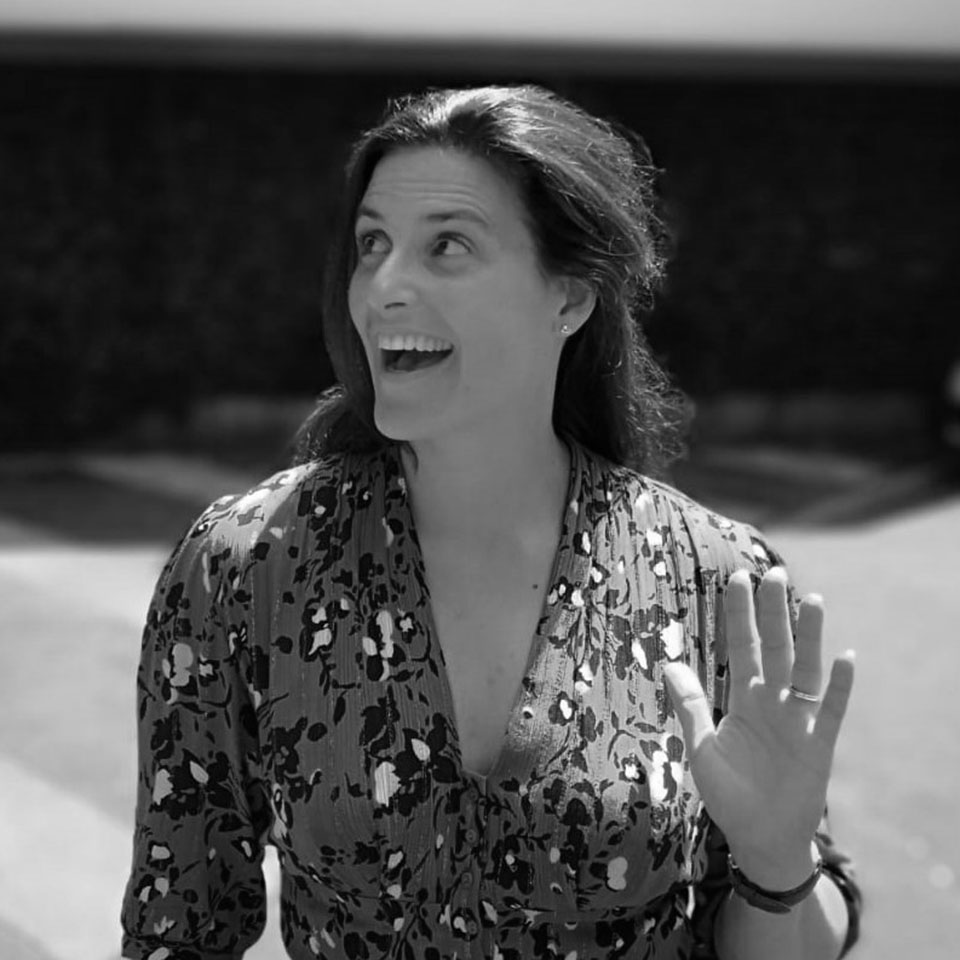
Hannah Beljaars-Frederiks
As a senior lecturer Architectural Engineering (Rotterdam University of Applied Sciences) and independent architect, I always have one eye trained on the future and the other on today’s challenges. For future-oriented buildings, it is very important that more multidisciplinary work is done on buildings. That we think in advance about possible changes in use, efficient use of materials, how you can build it smart and how the building can be climate adaptive. I think that architecture should reinvent itself as an innovative discipline, striving for resilient solutions and searching for new potential.
Wednesday 02/11/2022 | 15:30-17:00 | Cross-level educational encounters
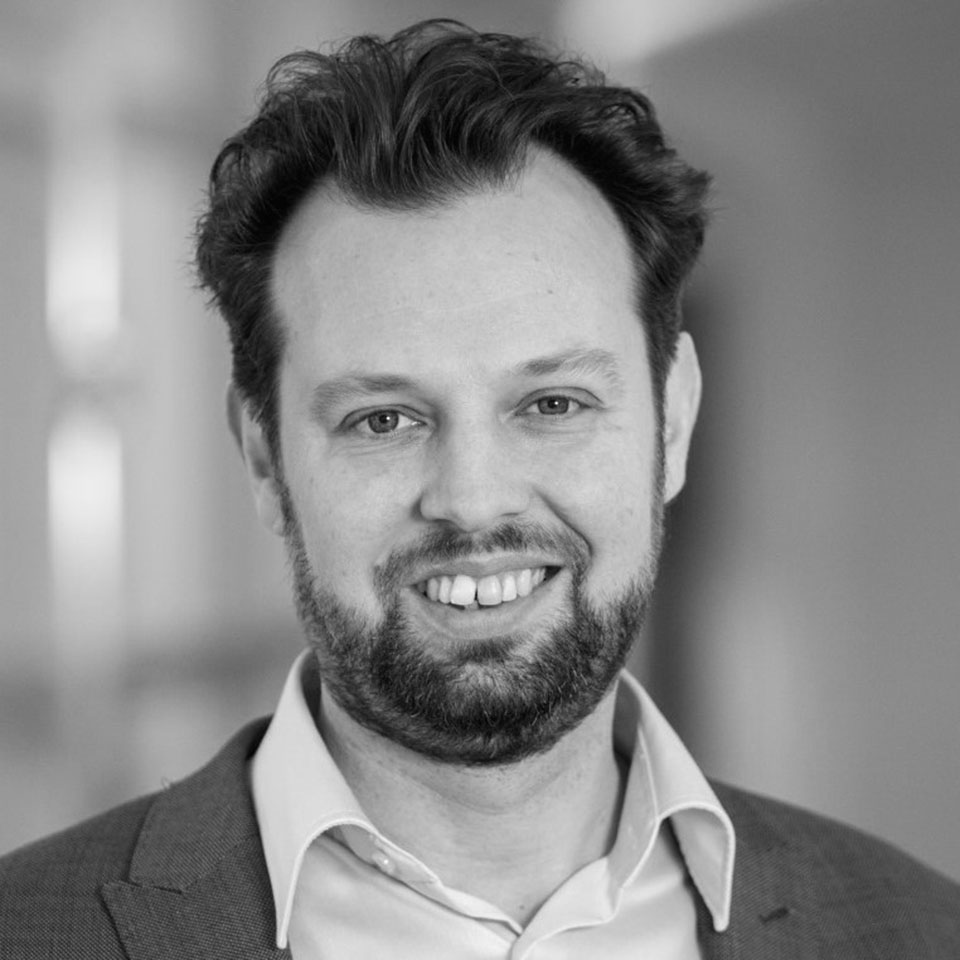
Michiel Susebeek is Solution Manager for Saint-Gobain Projects in the Benelux. He develops integral approaches for better buildings in practice. Focusing on segments like schools or housing renovation. With the integral approach he connects all stakeholder needs with innovative solutions and new project strategies. For better performance on human wellbeing, energy and material use, Total Cost of Ownership or efficient construction processes. This requires constant pioneering in themes like: open collaboration, parametric design, modular building systems or new roles in the building sector. He previously worked for 7 years at consultancy firm Deerns and graduated in parametric design at TU Delft. He also gives guest lectures ‘Climate Design’ at TU Delft and ‘Circulair Building’ at the Real Estate Business School.
Wednesday 02/11/2022 | 13:30-15:00 | Cross-faculty educational encounters
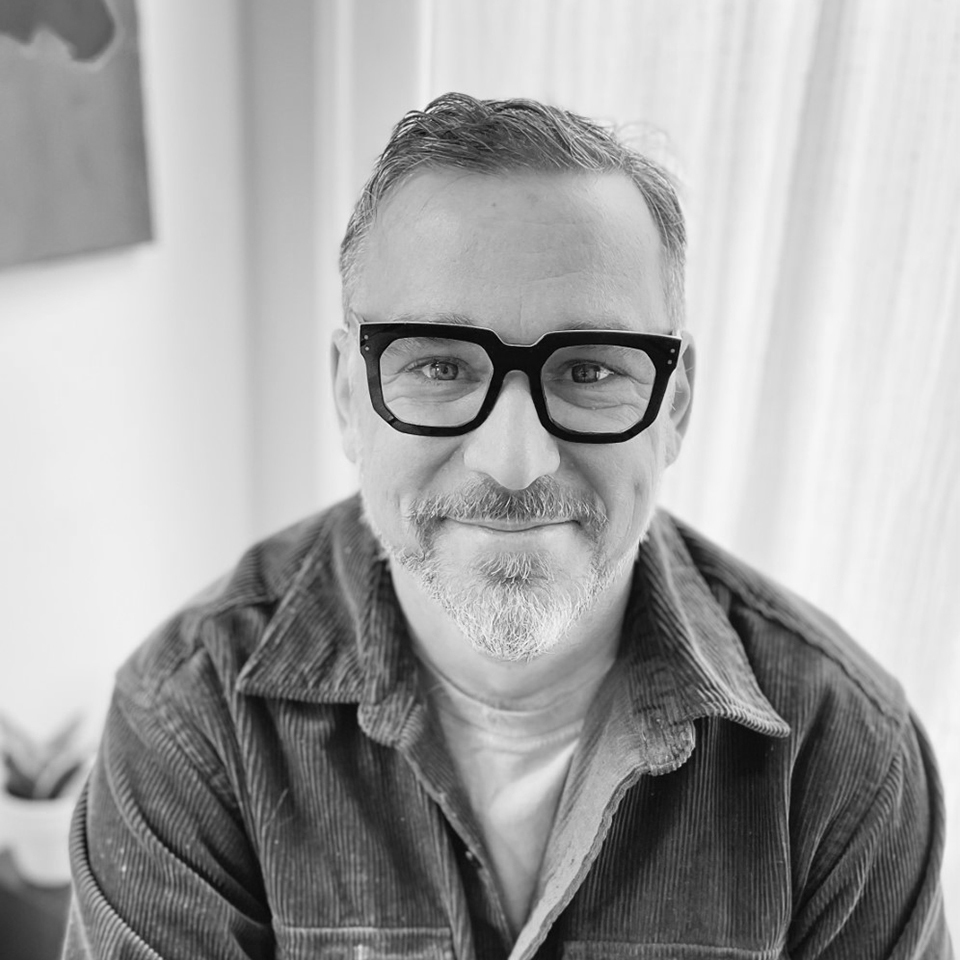
Dave Cormier does digital learning strategy and special projects at the University of Windsor’s Office of Open Learning. He is currently working on a multi-year long project thinking about how we can adapt our education practices to help learners prepare for uncertainty and completing a book about learning in an age of uncertainty http://futurechallenges.ca with Johns Hopkins University Press. His other research interests circulate around how our educational systems, our teaching practices, and our concepts of learning can be social processes where the community is actually the curriculum. His work can be found at http://davecormier.com.
Thursday 03/11/2022 | 15:30-17:00 | Learning in uncertainty
Friday 04/11/2022| 09:15-12:30 | EAAE Workshop: Sustainable Development Goals (SDGs) in education & research
Throughout the past year, the EAAE has been running a series of SDGs workshops linking the EAAE Education Academy & the EAAE Research Academy with the EAAE Conservation Network. Refreshing the discussions about the SDGs in education and research, and also concerning the New European Bauhaus initiative, the SDGs workshop series has been helping to map and exchange best practices among various EAAE member schools.The aim of this workshop in Delft is to bring forward and discuss intentions, concepts, and positions about SDGs in architectural education and research, interlinking to conditions, circumstances, and challenges faced by institutions.
Moderators: Roberto Cavallo, Mia Roth-Čerina, Ilaria Valente
Speakers
Roberto Cavallo | Faculty of Architecture & the Built Environment, Delft University of Technology
Mia Roth-Čerina | Faculty of Architecture, University of Zagreb
Ilaria Valente | Department of Architecture & Urban Studies, Politecnico di Milano
Janna Bystrykh | Academy of Architecture, Amsterdam University of the Arts
Matija Pogorilic | Faculty of Architecture, University of Zagreb
Jörg Schröder | Leibniz Universität Hannover
Olga Ioannou | Faculty of Architecture & the Built Environment, Delft University of Technology
Fabiano Lemes de Oliveira | Department of Architecture & Urban Studies, Politecnico di Milano
Gerardo Semprebon | Department of Architecture & Urban Studies, Politecnico di Milano
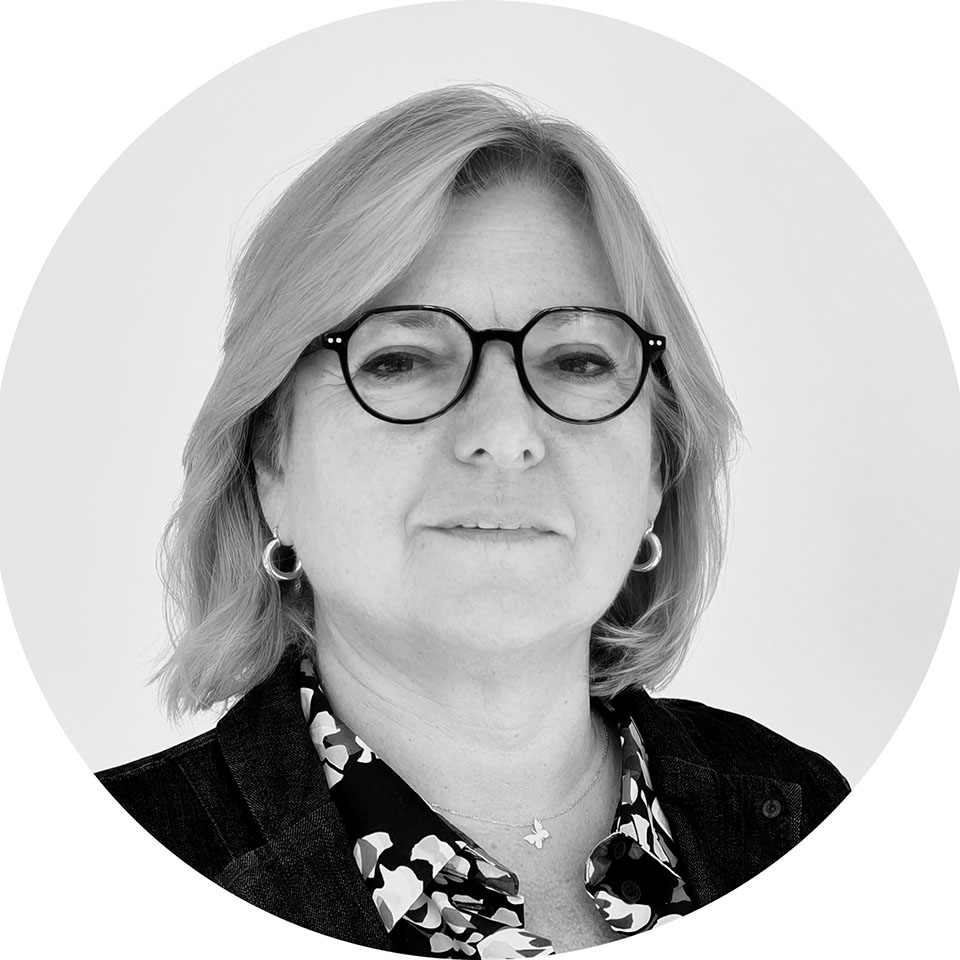
Birgul Çolakoglu, completed her PhD in Design and Computation in 2000 at Massachusetts İnstitute of Technology. She worked as Postdoctoral researcher at the MIT Architecture Department in 2001. She has worked at Yıldız Technical University (YTU) between 2001-2015 and run Computational Design Graduate Program between 2008-2015 at YTU. She was head of ITU Architecture Department between the 2018-2021. She established Circularity in Built Environment Research group at ITU in 2020 under ITU Advance Studies in Architecture Center where she is a director . She works as professor in Architectural Design and Computing Program at İstanbul Technical University. Her research is focused on computational design education, computational design, Circular Design and Digital Design Technologies. She is a member of eCAADe and had been the president of eCAADe between 2018-2020.
Wednesday 02/11/2022 | 10:00-11:30 | Integration of circularity in architectural education
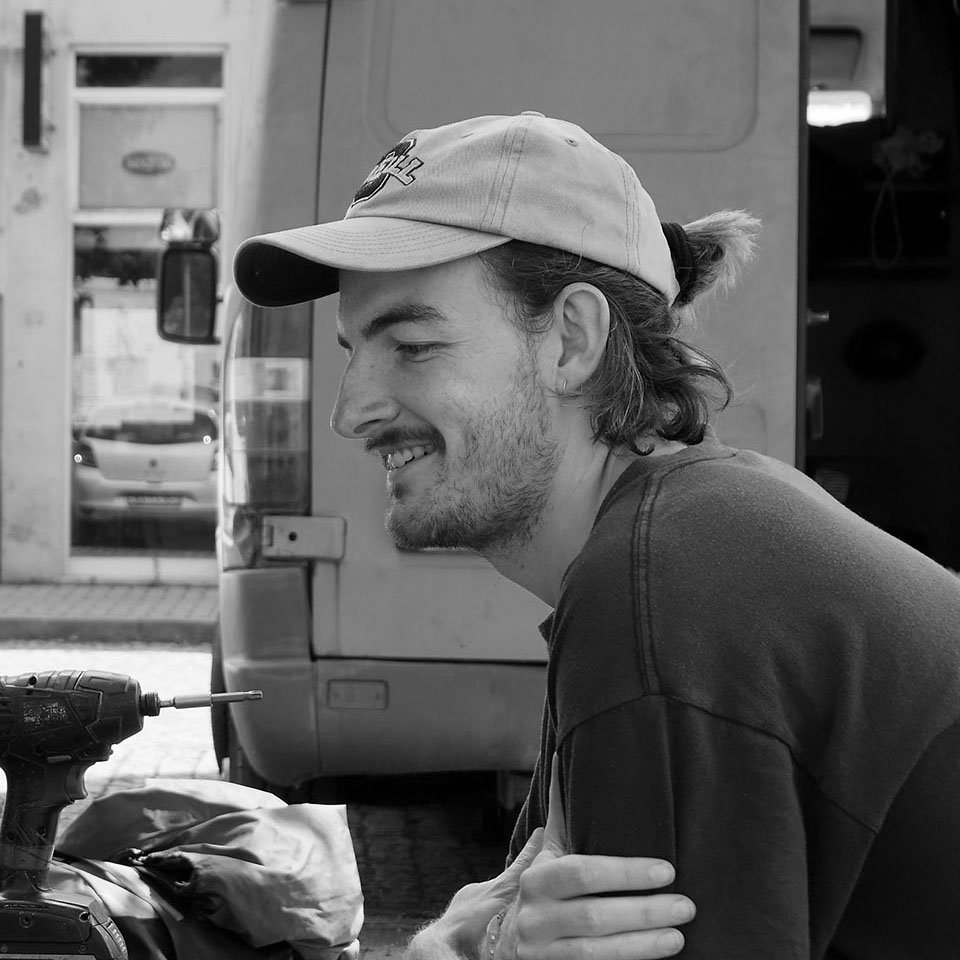
Thomas Parker is the co-coordinator of the Sustainable-Sustainable Architecture (SSA) Post-graduation offered jointly by Critical Concrete and Escola Superior Artística do Porto (ESAP). This one-year programme uses a hybrid approach of remote, online learning and intensive, practical workshops. Tom holds an MEng in Architecture and Environmental Design from the University of Nottingham and a MArch in Architecture from the University of Sheffield.
He previously worked in London for EPR on large scale residential projects and Levitate, a smaller firm, focused on single-family housing and renovations. At Critical Concrete he helped launch their online learning platform, Critico, and establish the commercial arm of the organisation, Critical Studio. As co-coordinator of the SSA he has supported programme development and instructor recruitment, and managed multiple practical workshops in Porto and Northern Portugal.
Thursday 03/11/2022 | 13:30-15:00 | Innovative Pedagogies
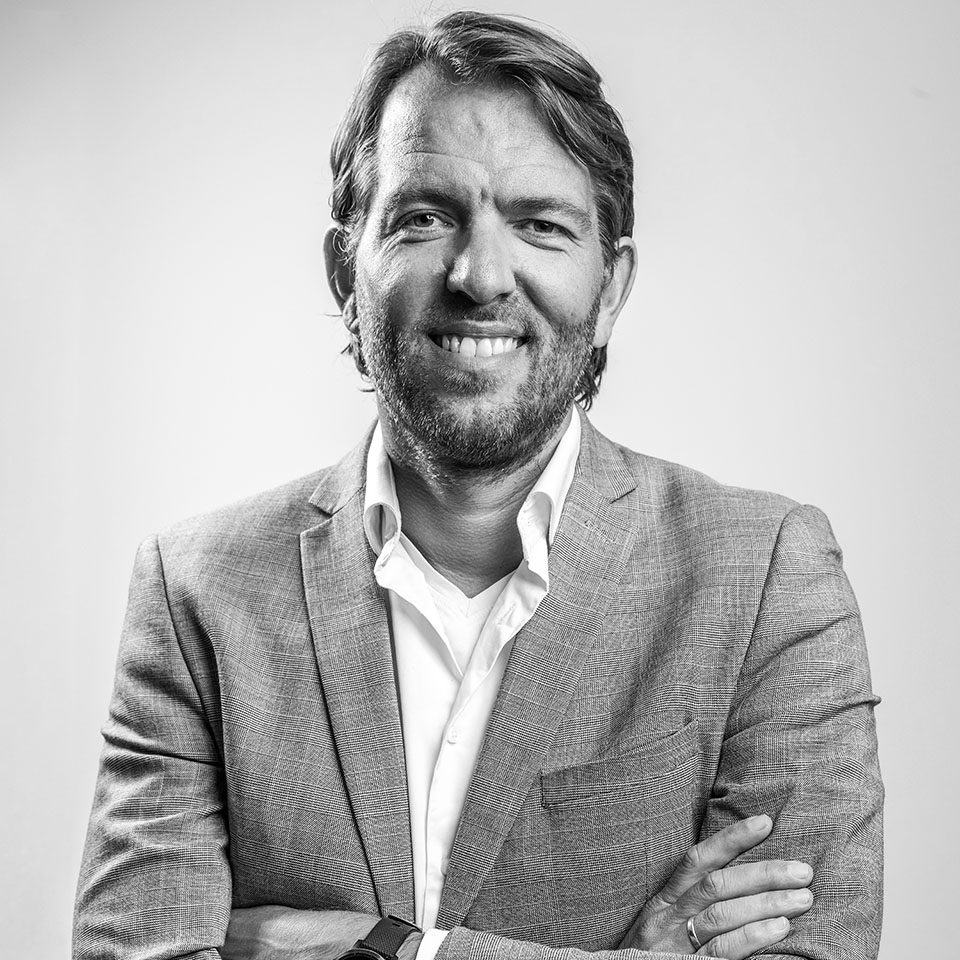
Olaf Oosting is Managing Director and Senior Advisor Sustainability and Circularity at Valstar Simonis, a MEP consultancy and engineering firm. Olaf holds a Bsc in Civil Engineering and MSc in Real Estate. After his studies he started working on the energy transition as project developer in large energy projects. Since 2015 he focuses on circularity in the field of Building Services. As a board member of TVVL, an independent association which has an extensive range of training opportunities for professionals in the technology industry, he was part of the Organizing and Scientific Committee of CLIMA 2022. This scientific congress was organized together with the Technical Universities of Delft and Eindhoven.
Wednesday 02/11/2022 | 13:30-15:00 | Cross-faculty educational encounters
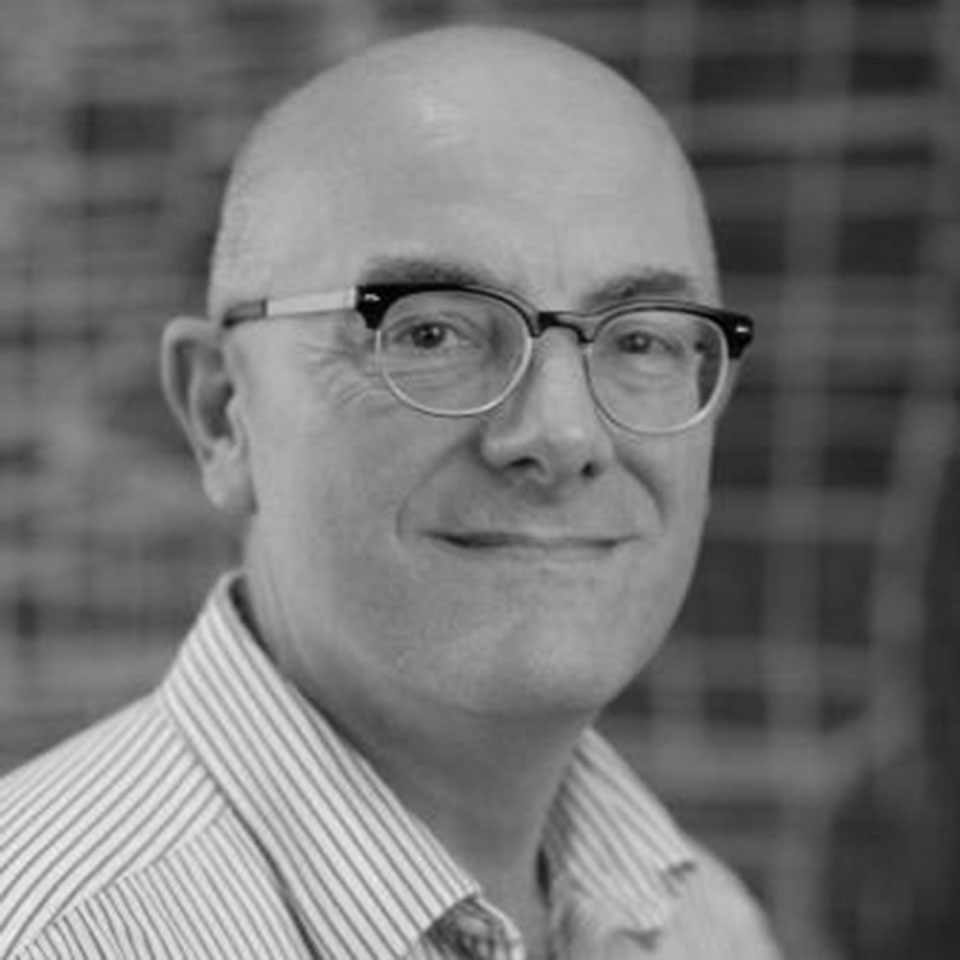
Associate Professor, David Peck, researches and teaches in the field of circular design - remanufacturing and critical materials, based in the faculty of Architecture and the Built Environment. He is a founding member of the Circular Built Environment Hub there. He is also Honorary Associate Professor with University College London – The Bartlett and an adjunct Professor at MIP Politecnico di Milano, Graduate School of Business. David sits on the executive board of KIC EIT Raw Materials and is TU Delft representative for the EU KIC EIT Raw Materials and represents the university in the programme, along with projects in EU KIC EIT Manufacturing. He leads a number of projects in this important programme that has a focus on critical materials and circular economy, in particular Remanufacturing.
Wednesday 02/11/2022 | 15:30-17:00 | Cross-level educational encounters
Symposium Organizers
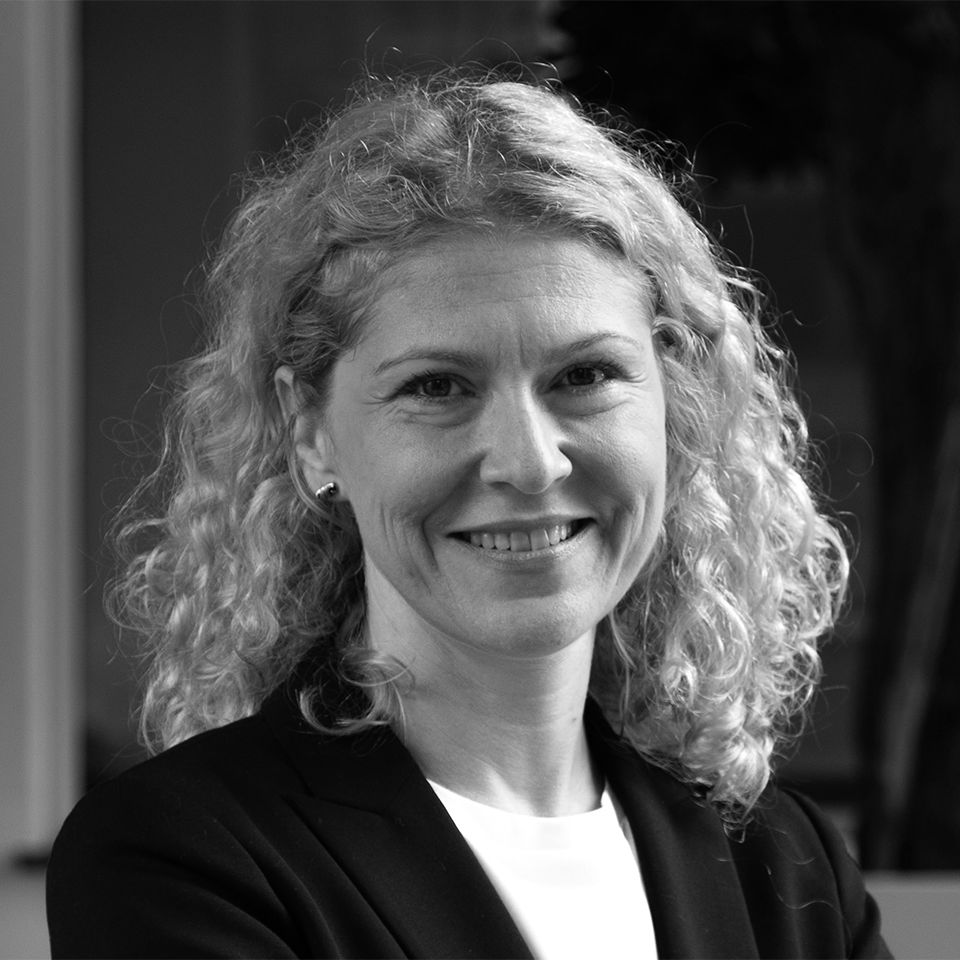
Olga Ioannou
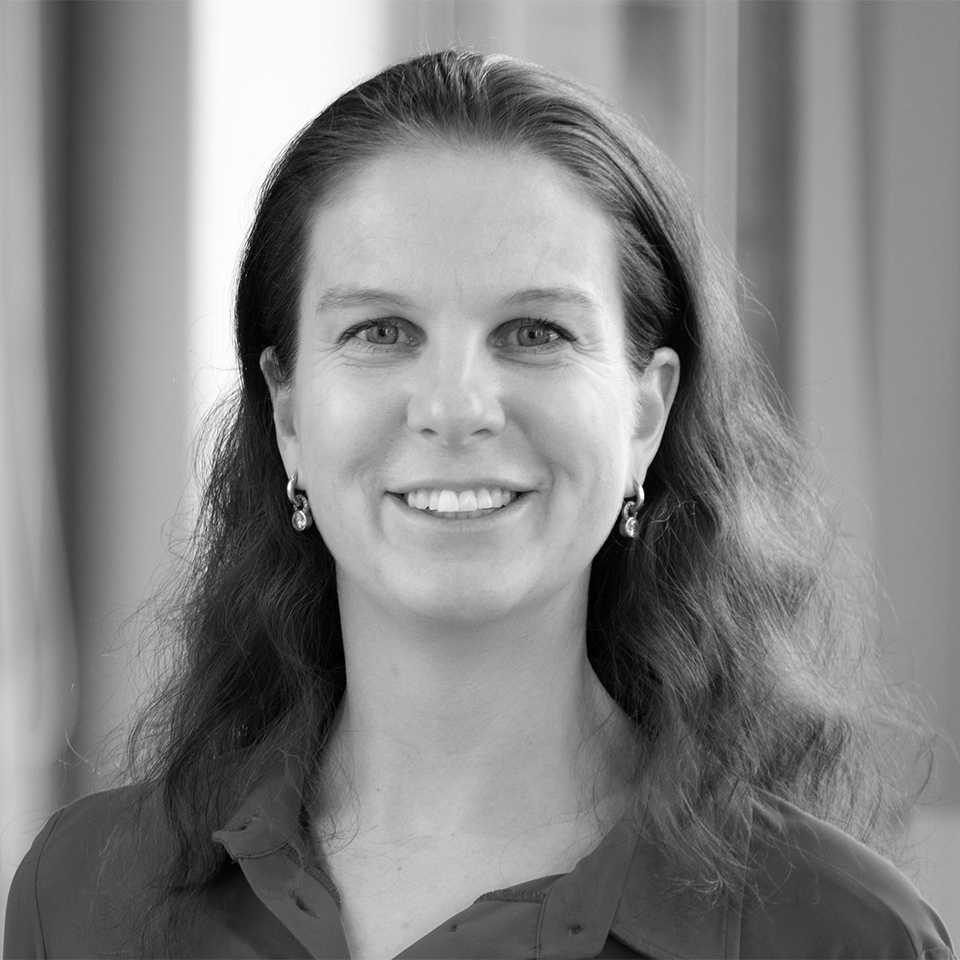
Nicolet Mansveld-Olsthoorn
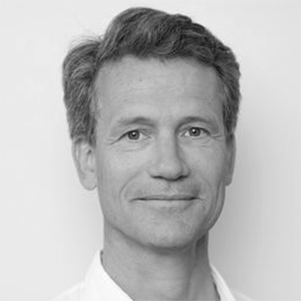
Leo van den Burg
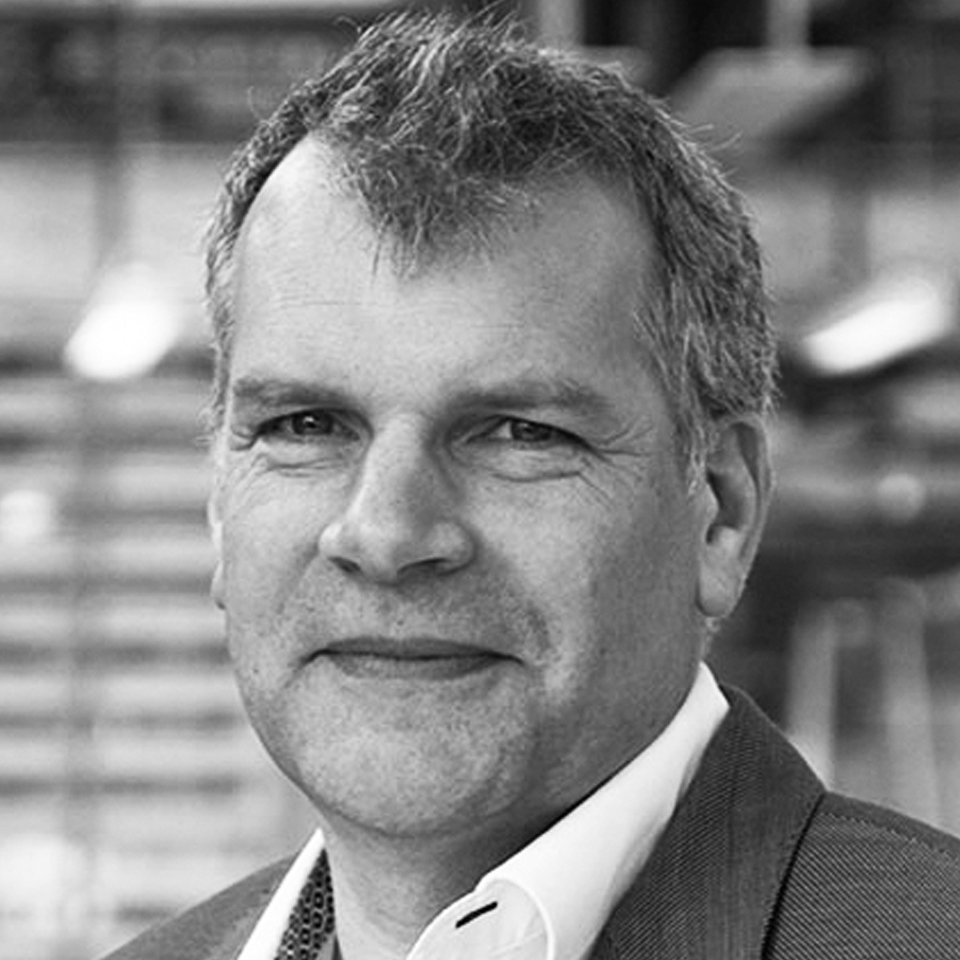
Tillmann Klein
